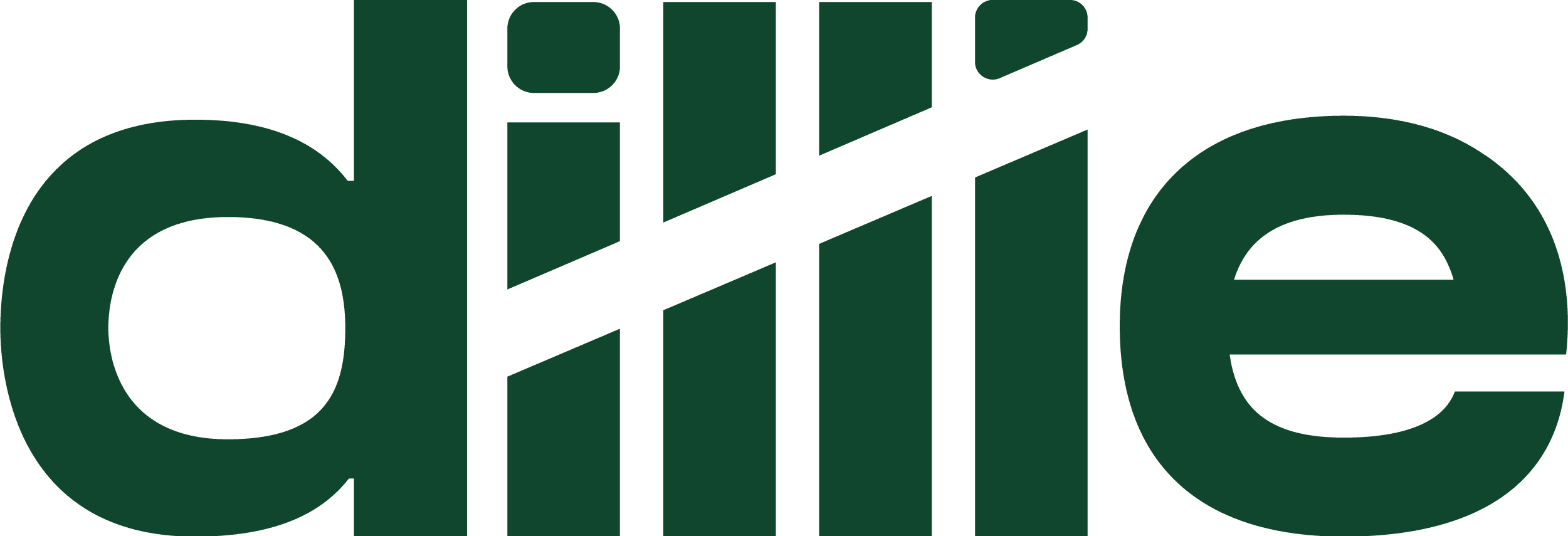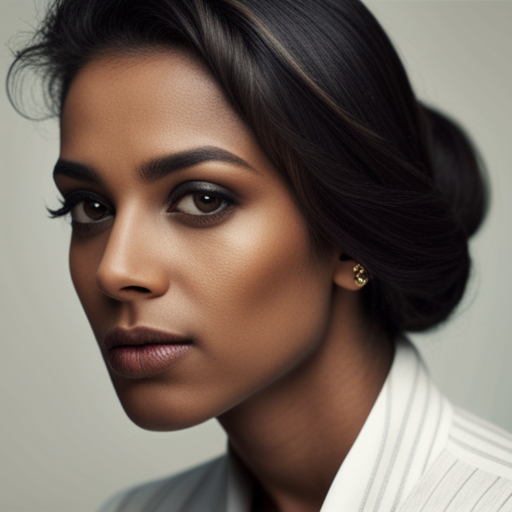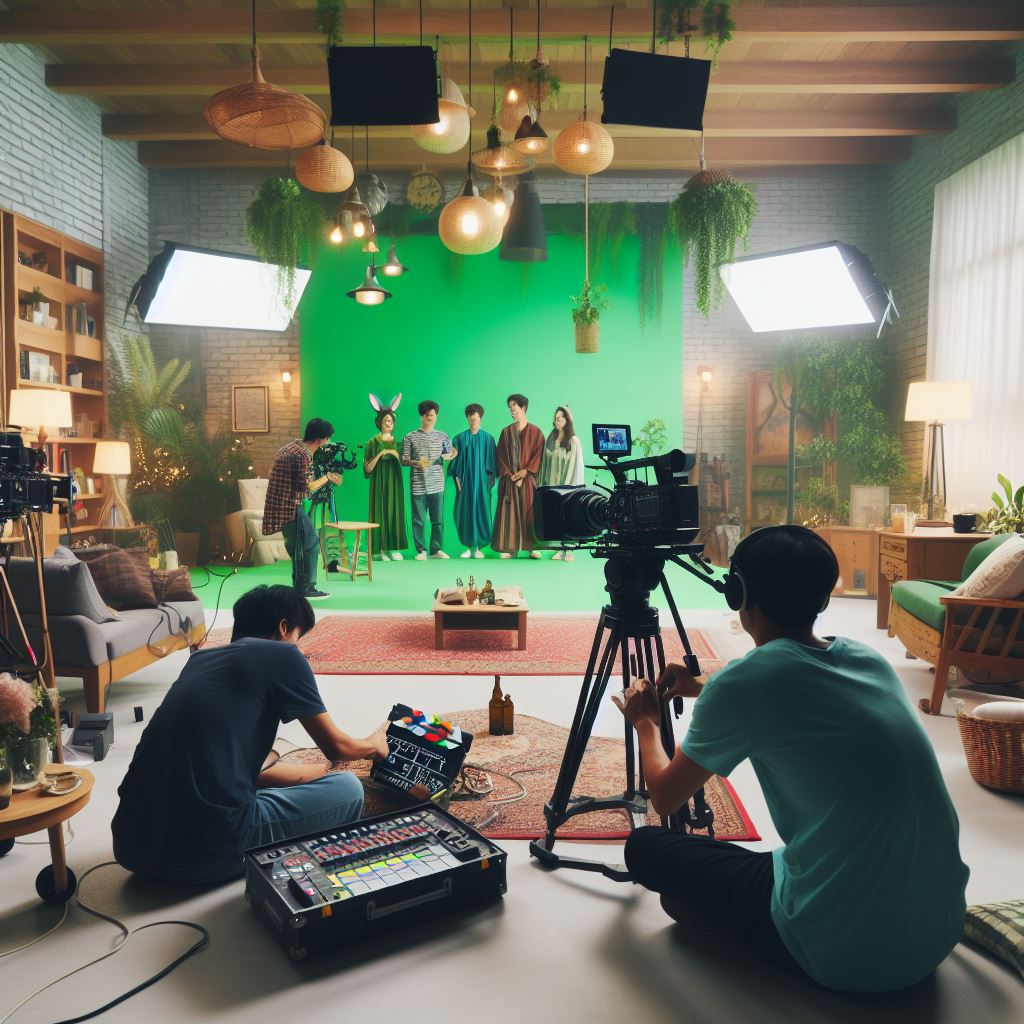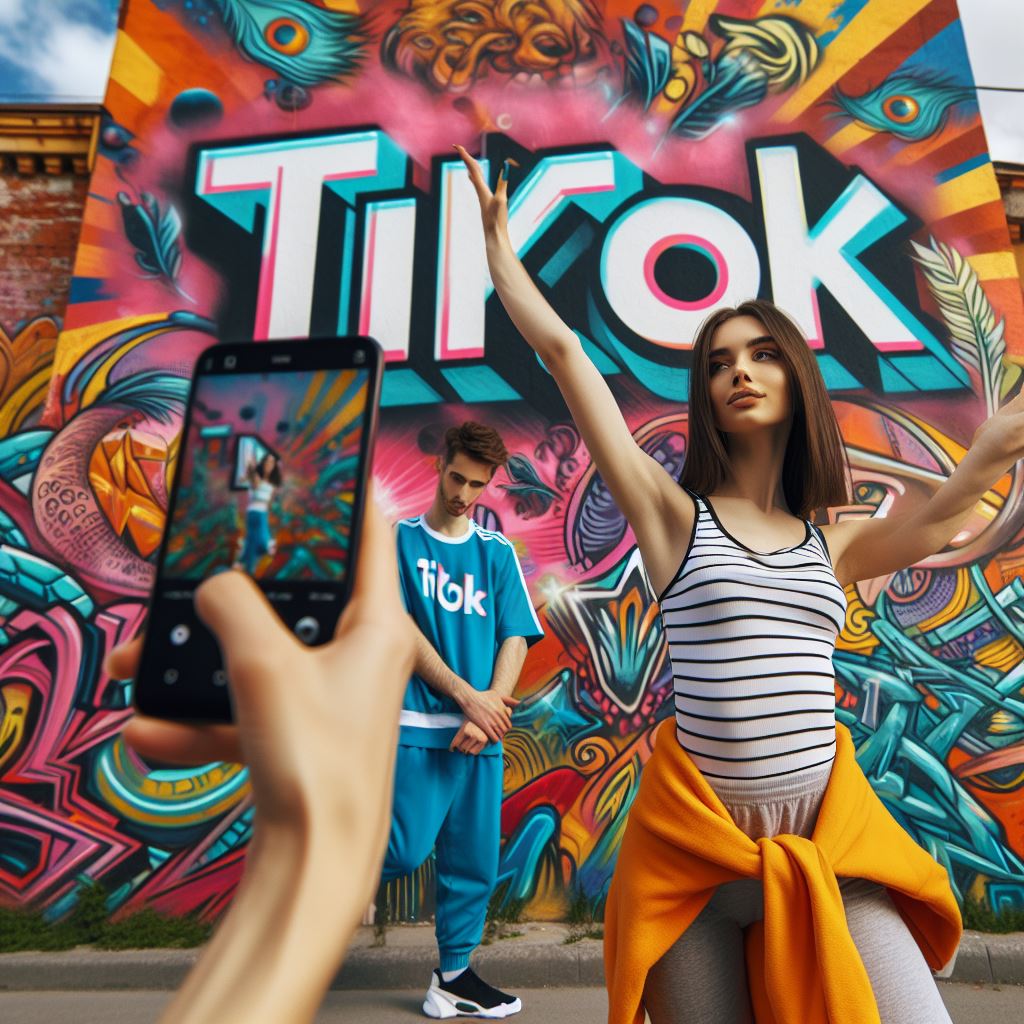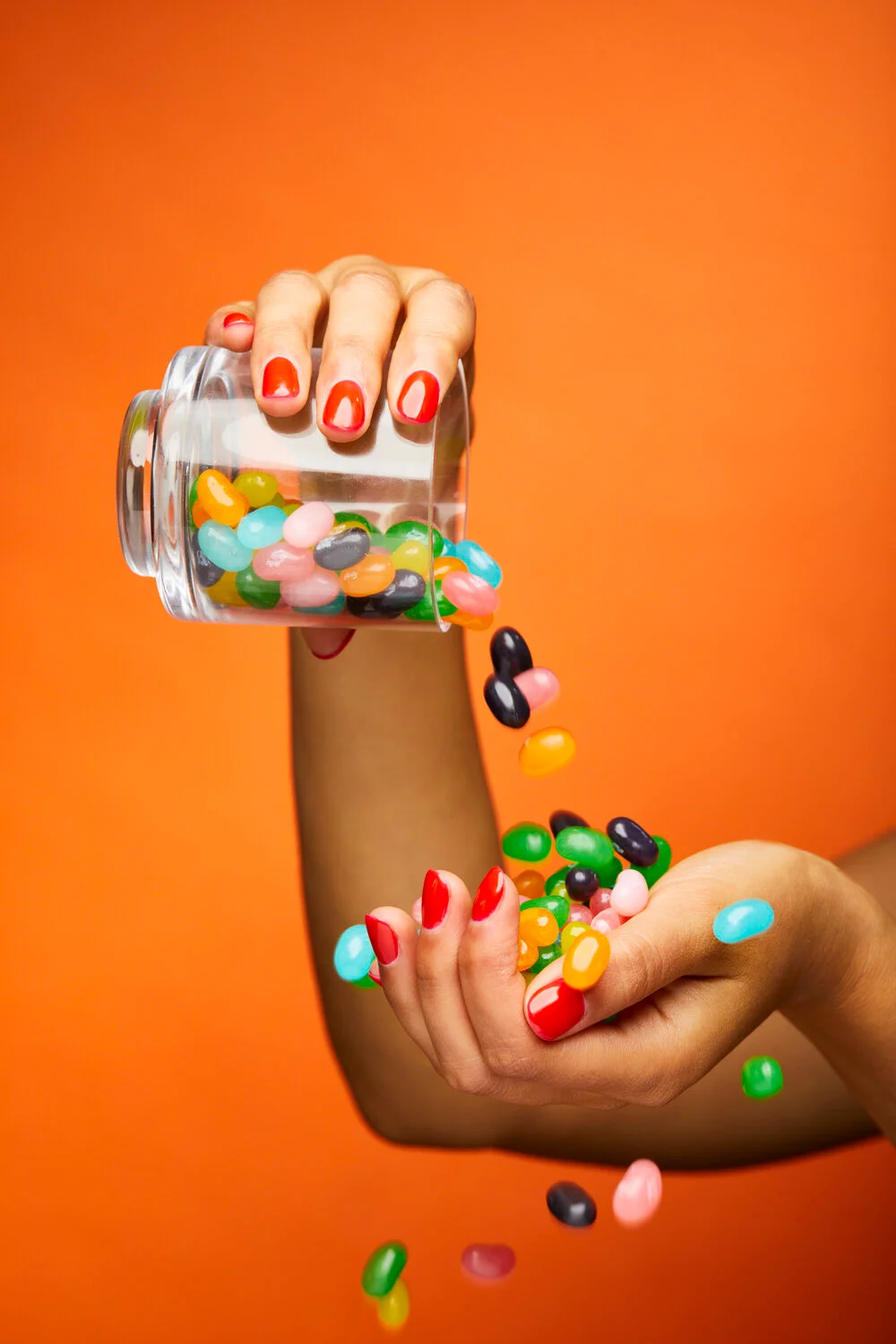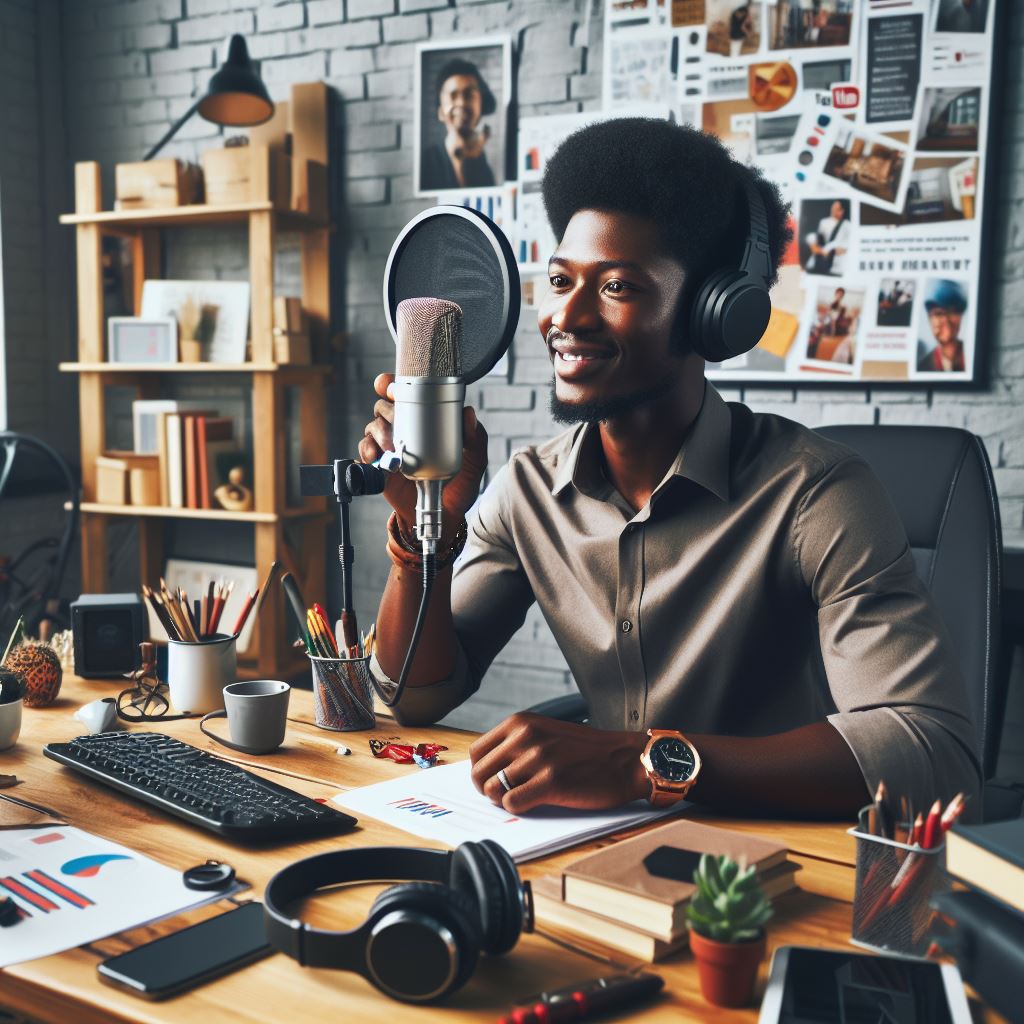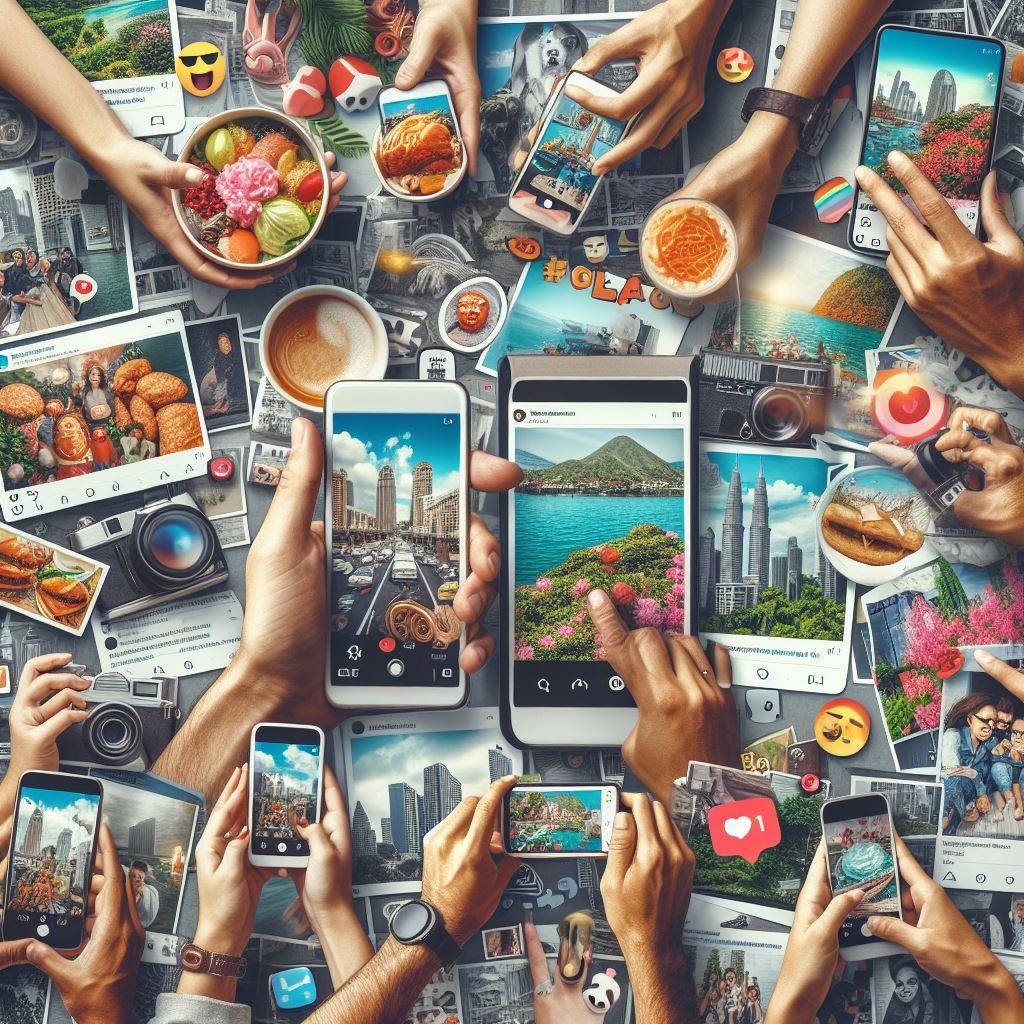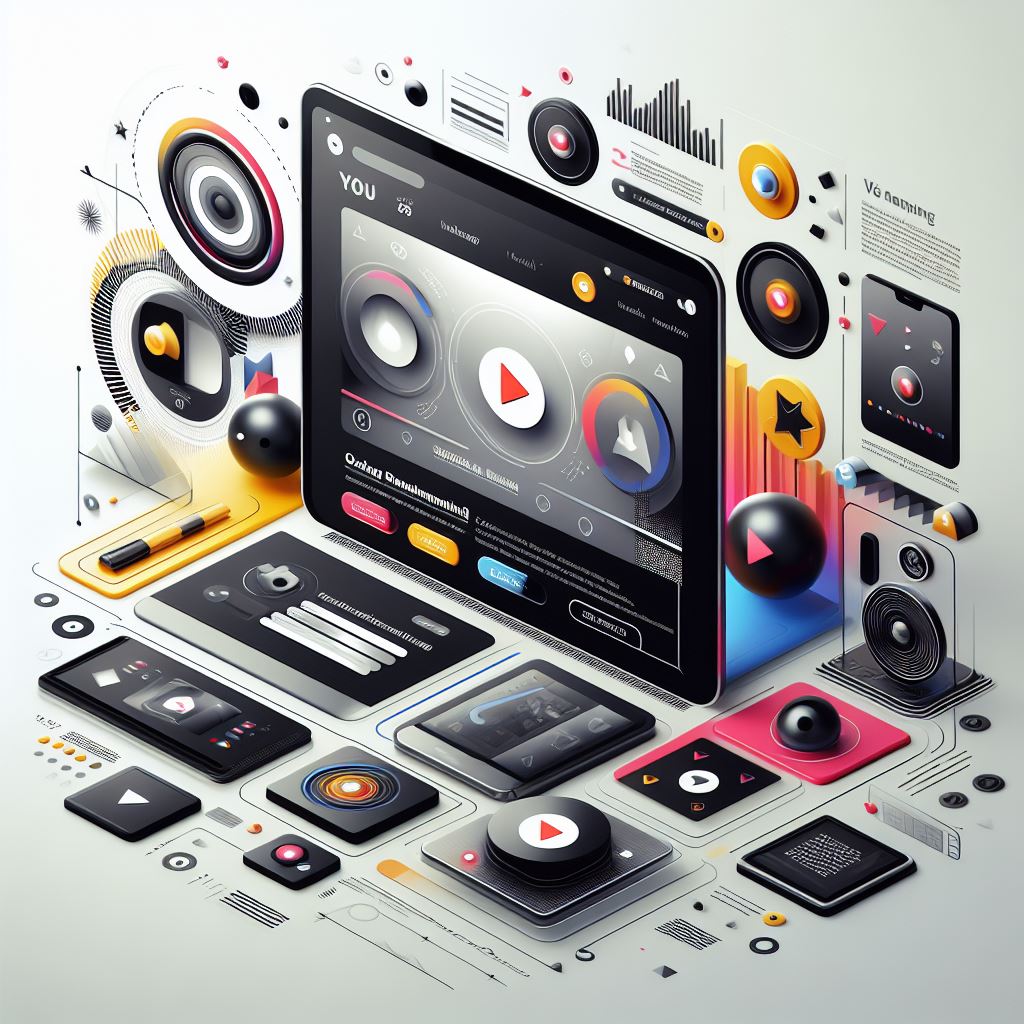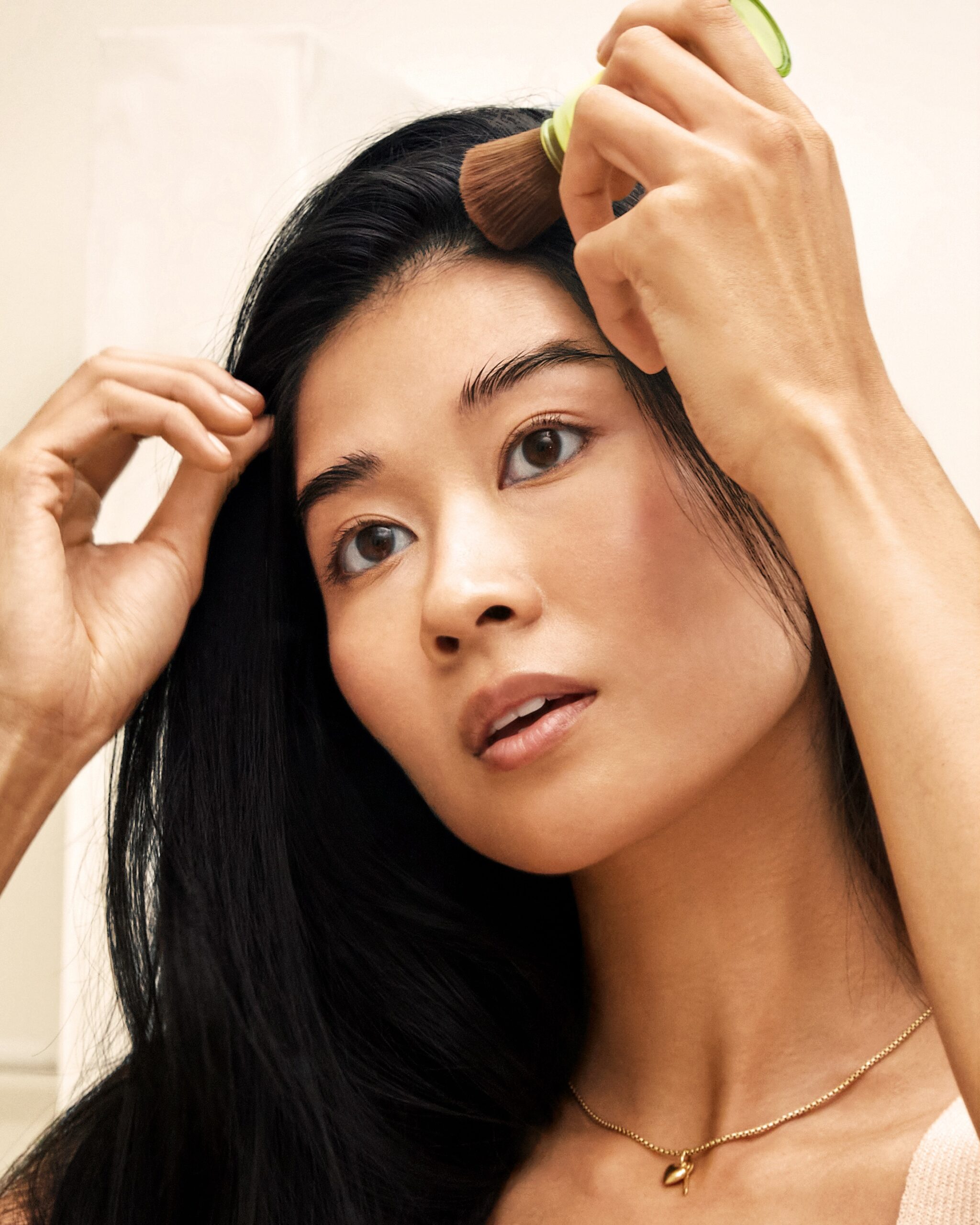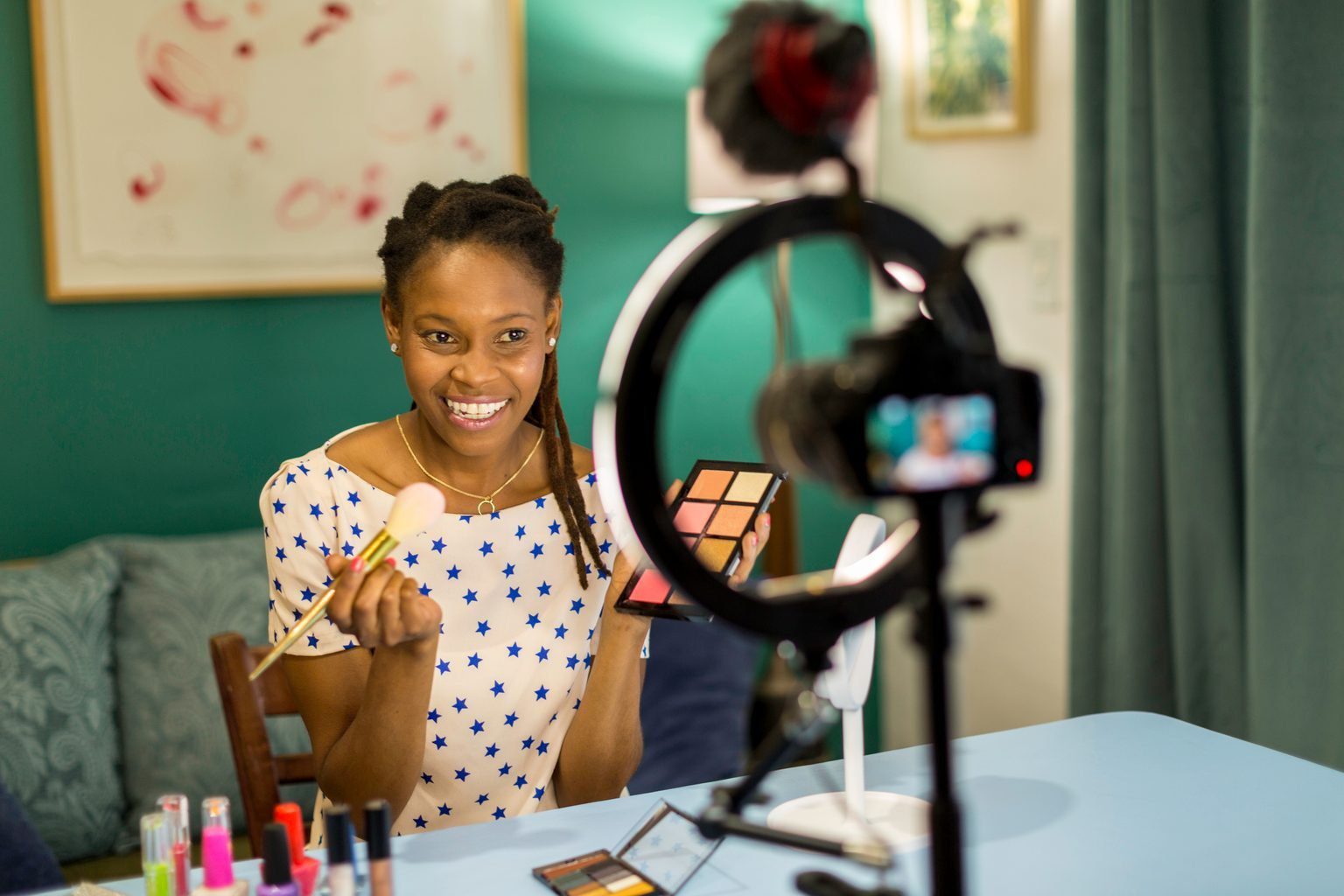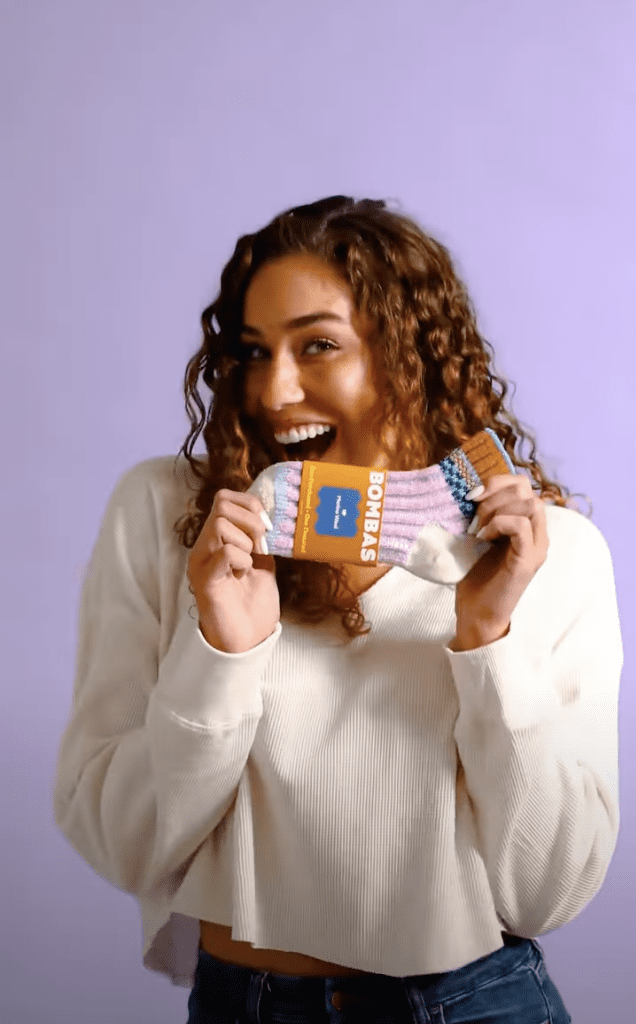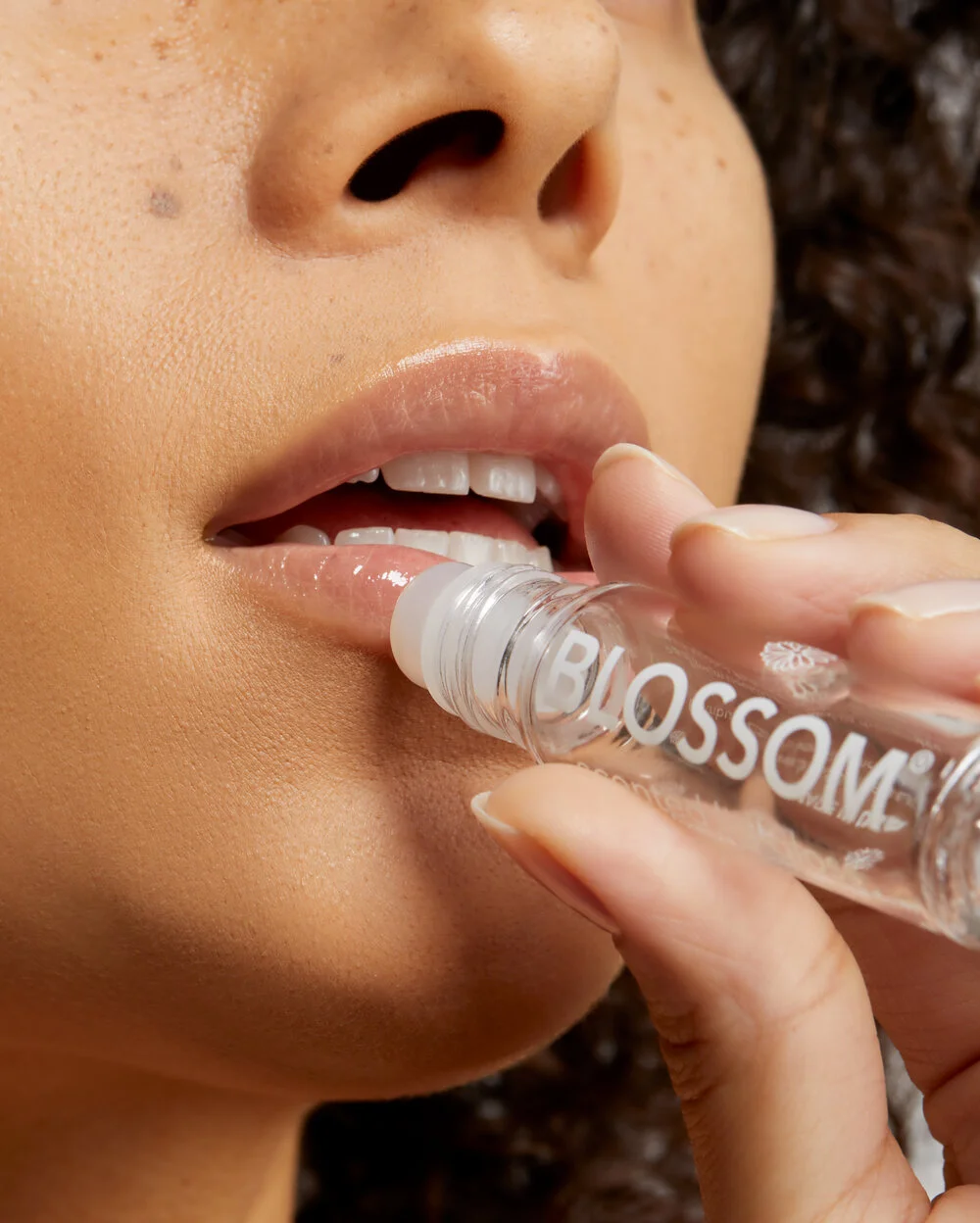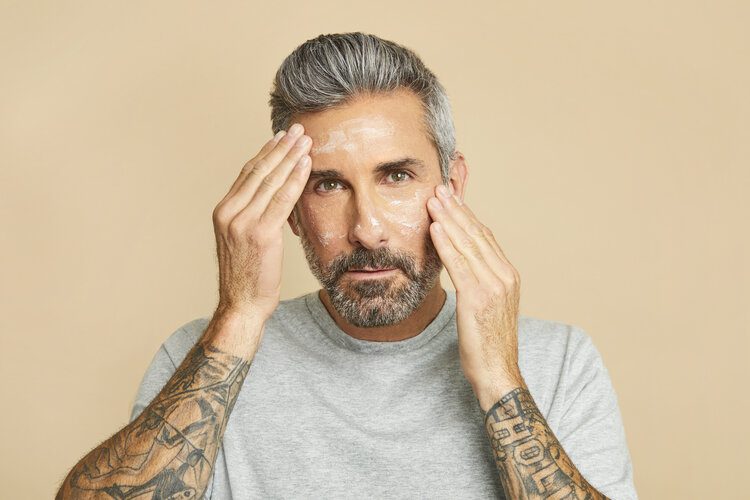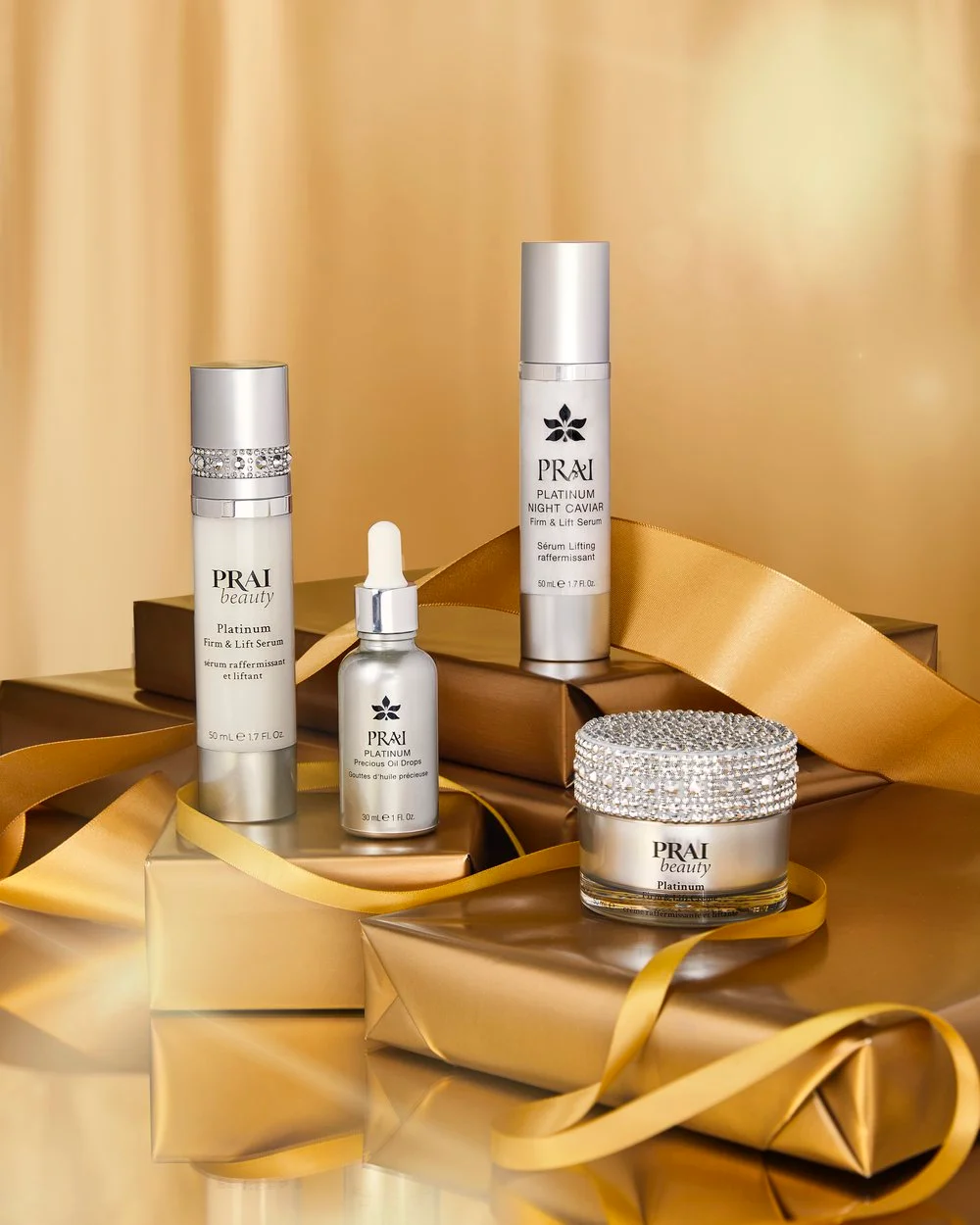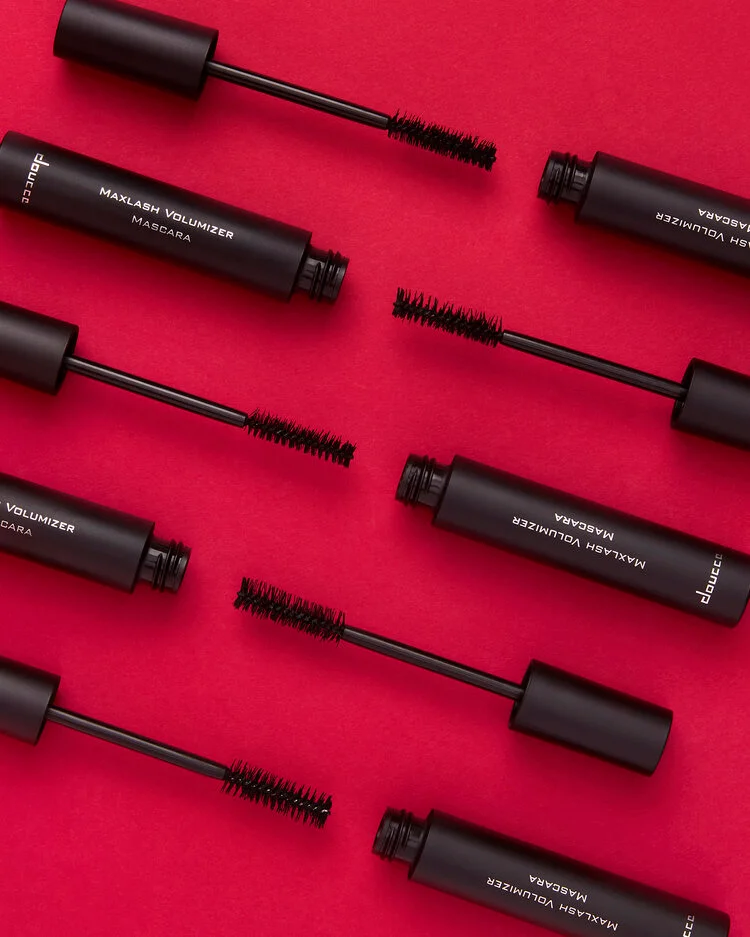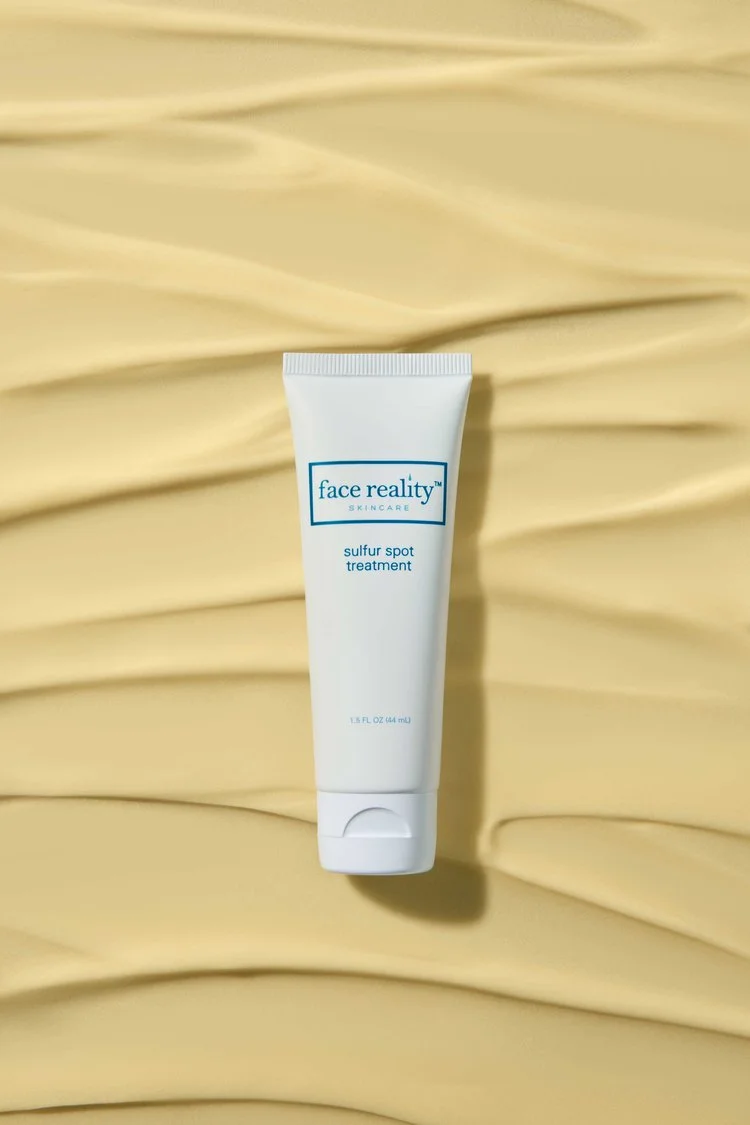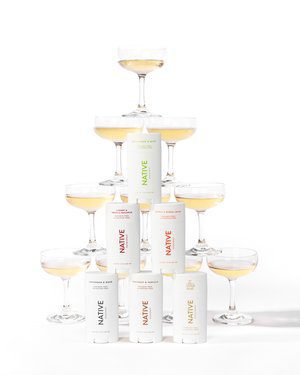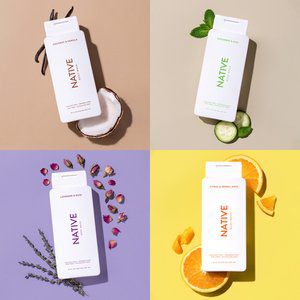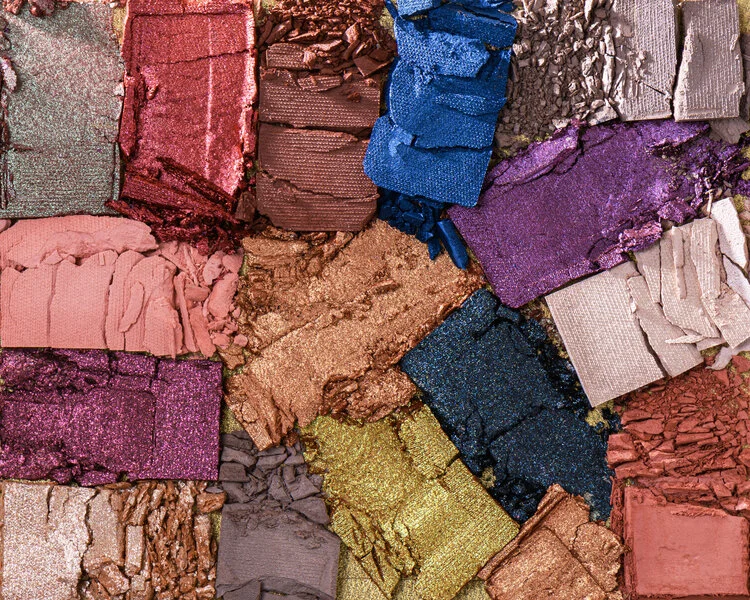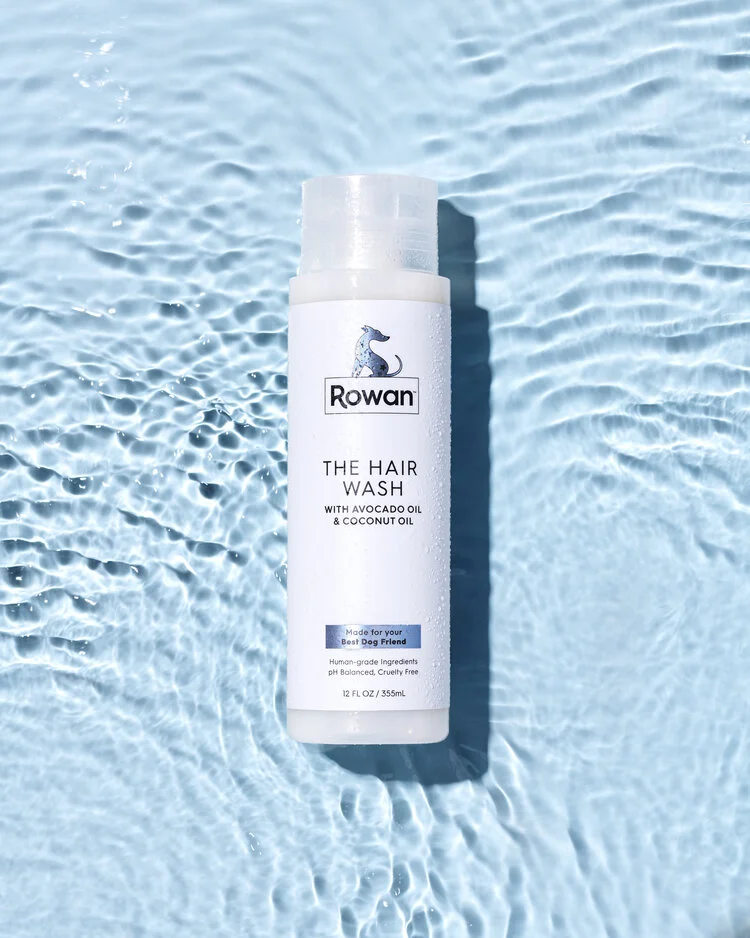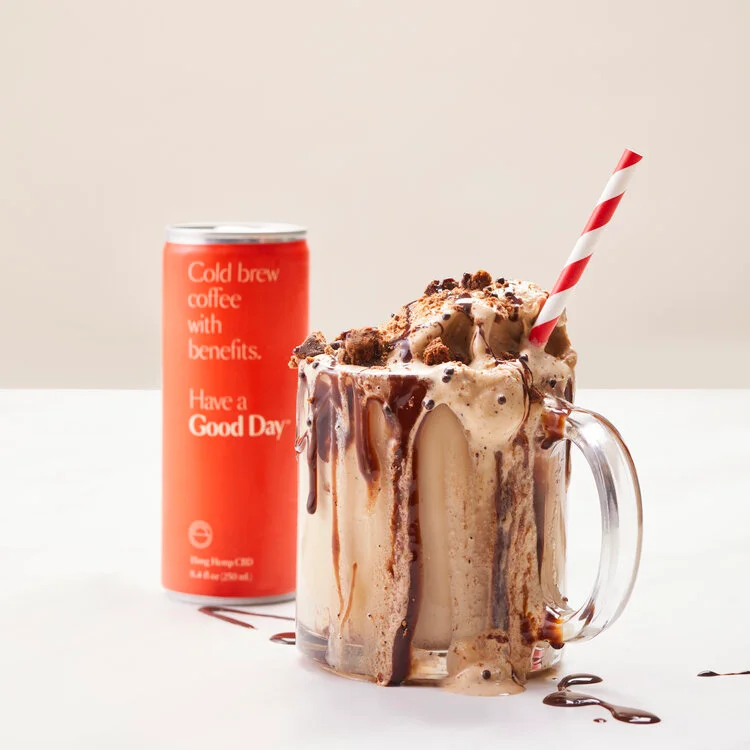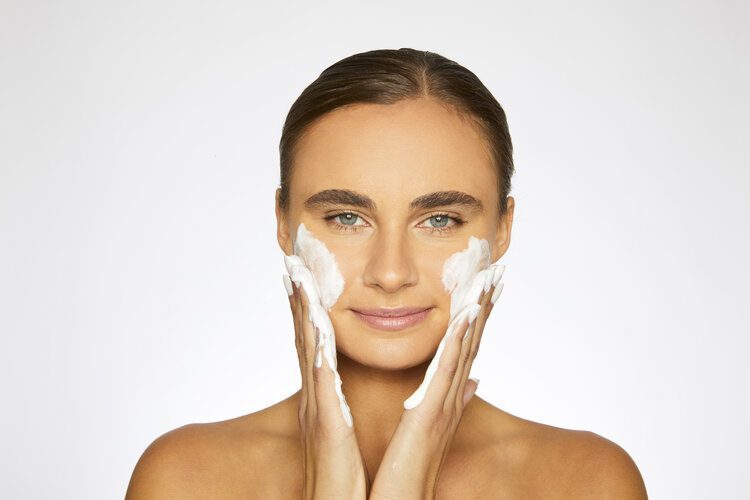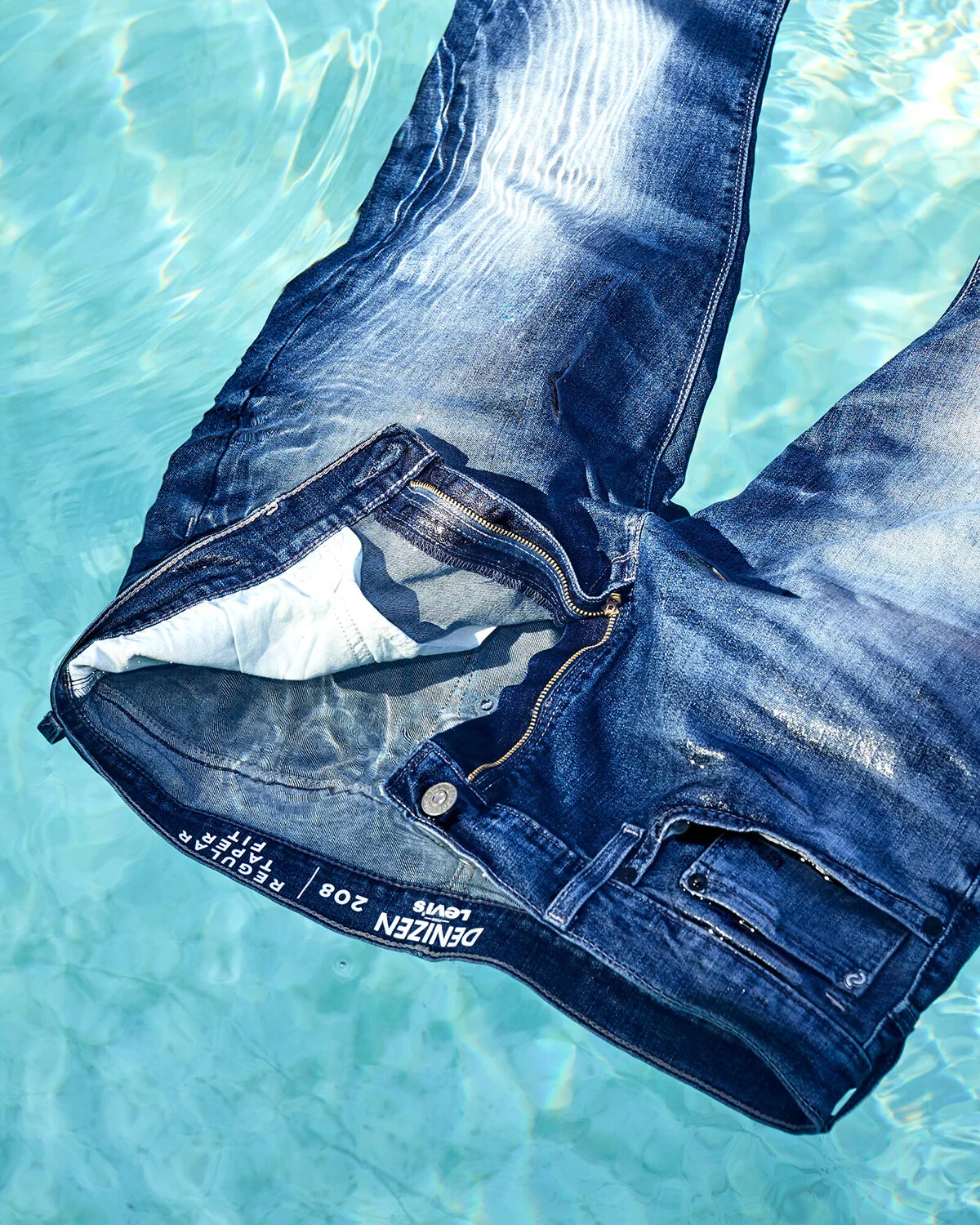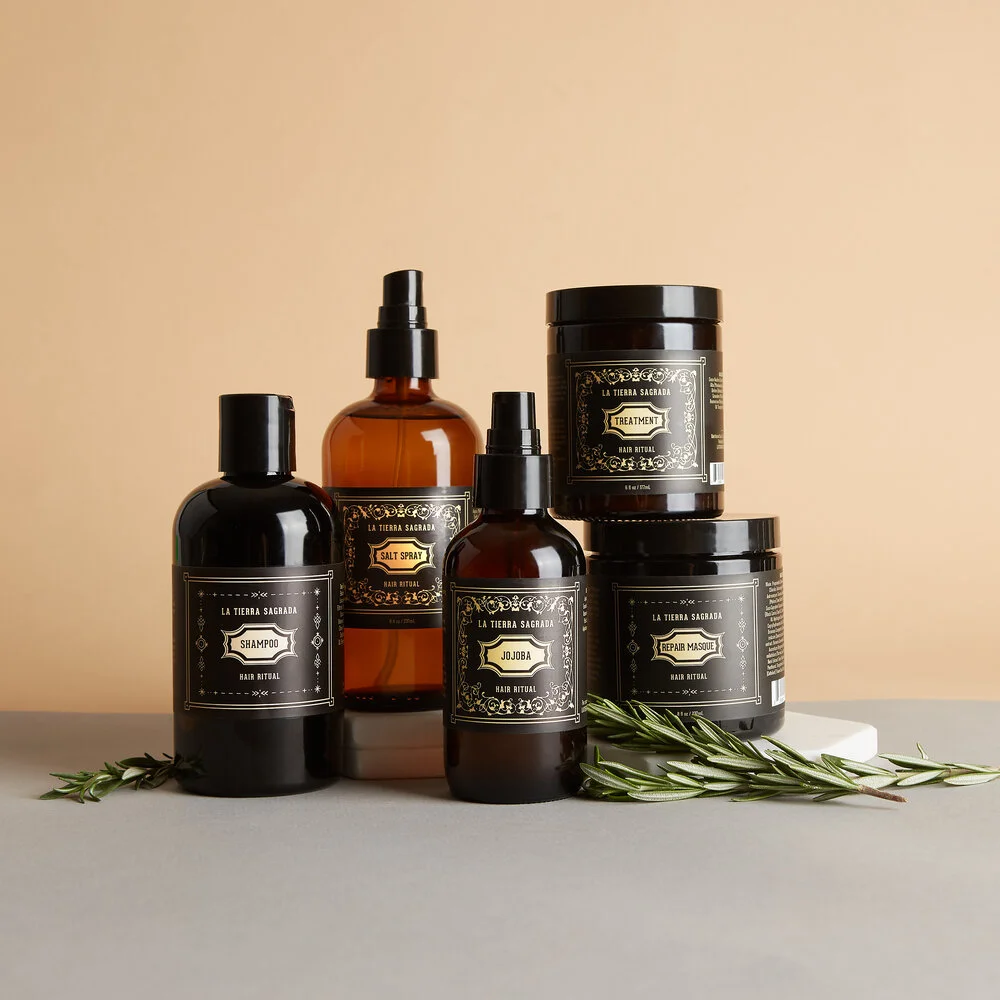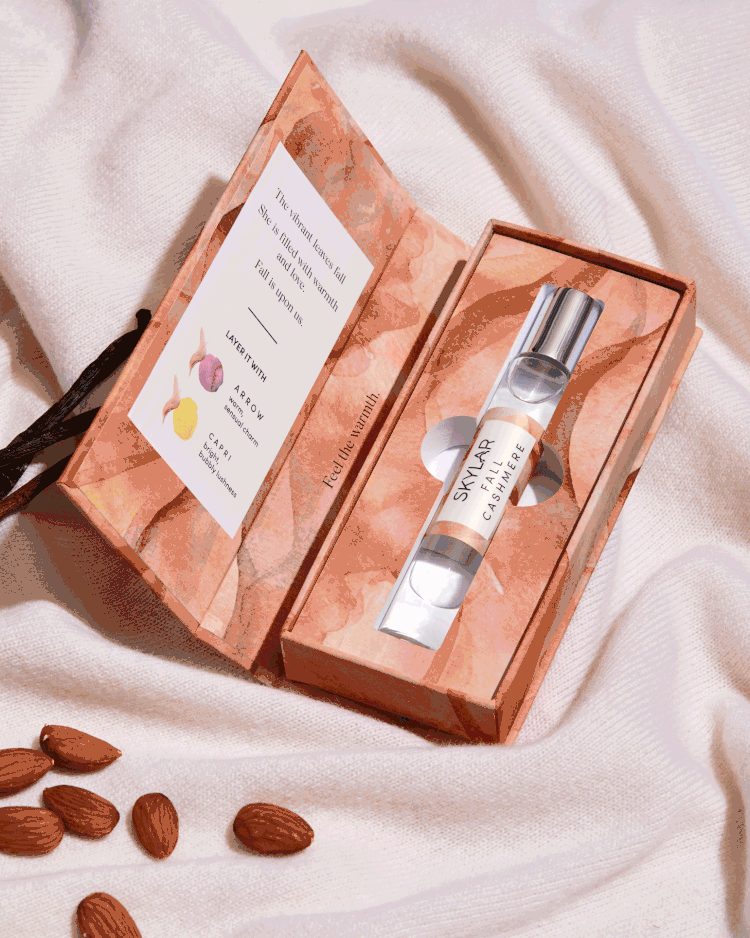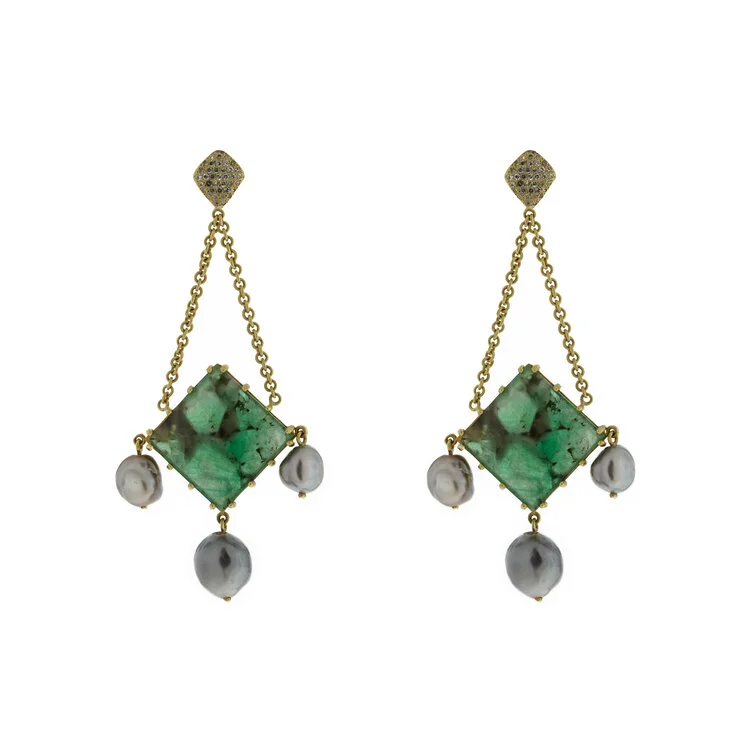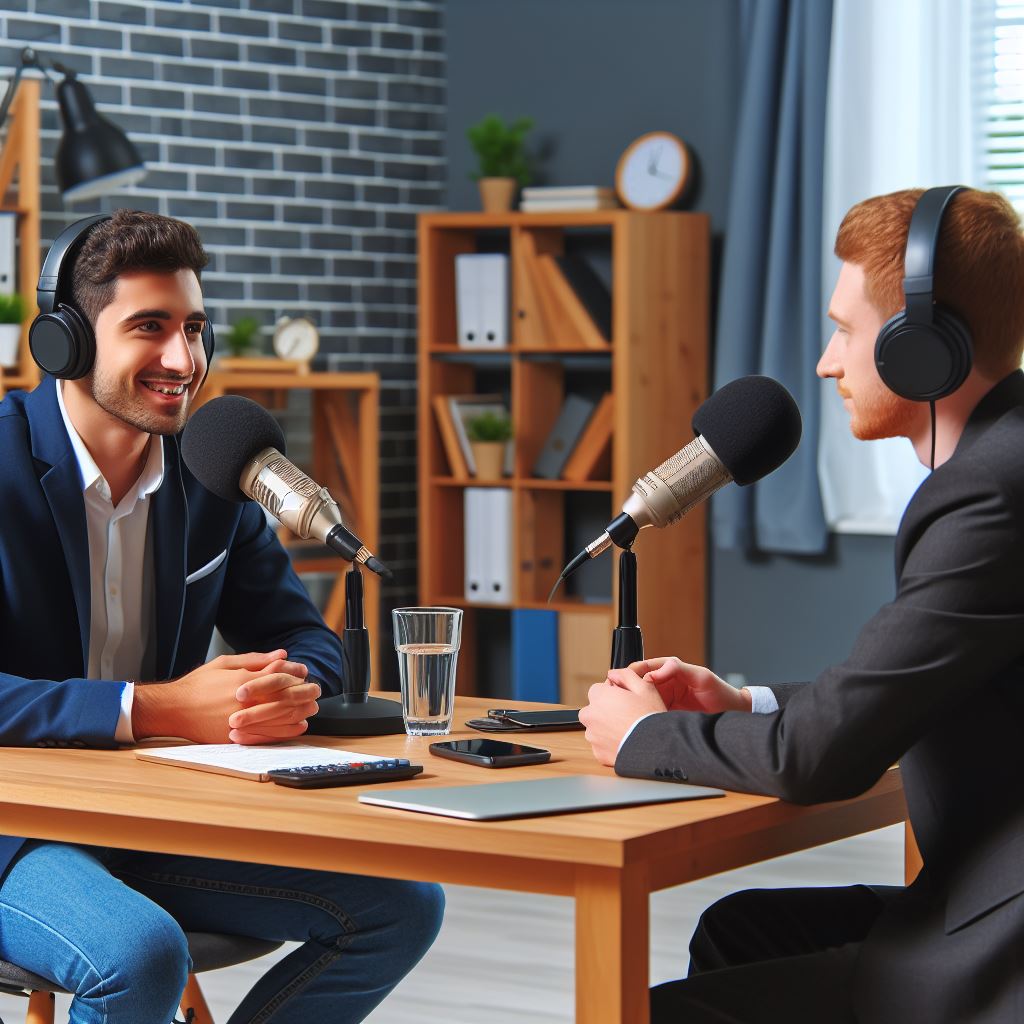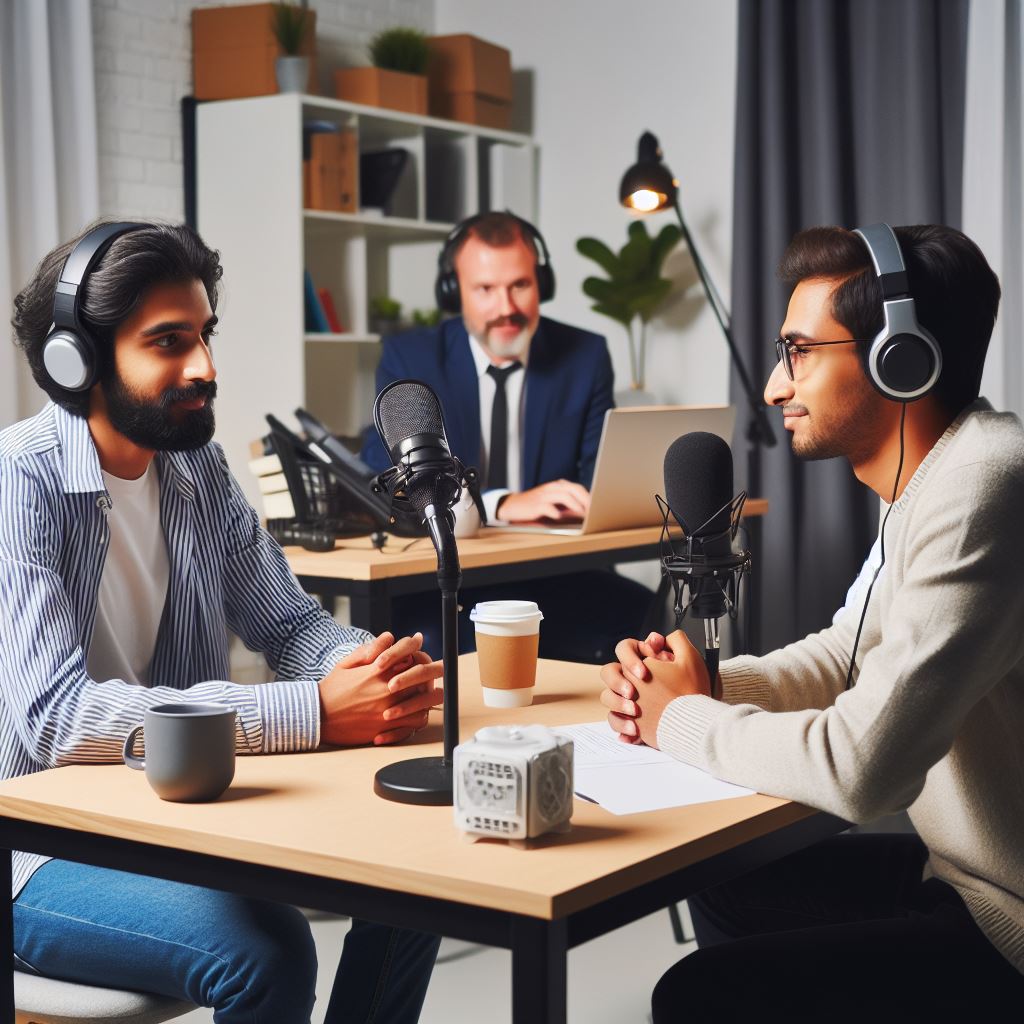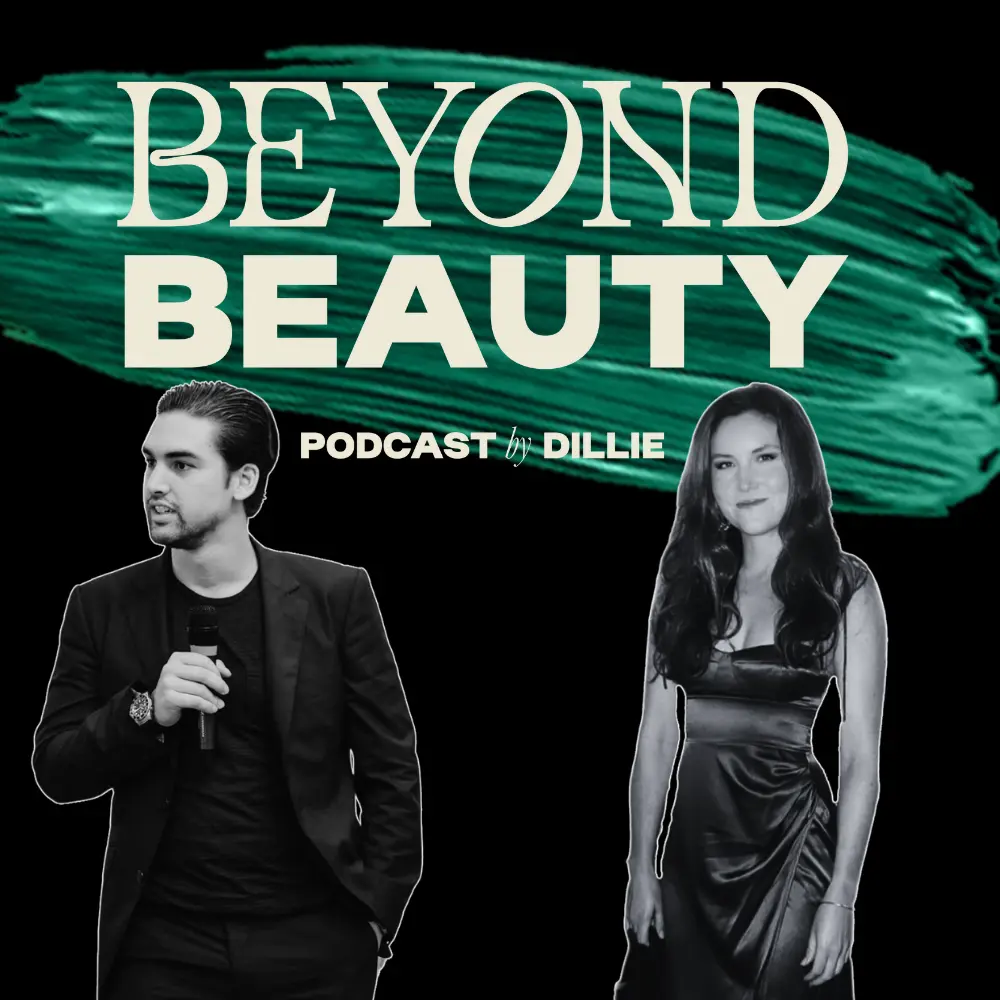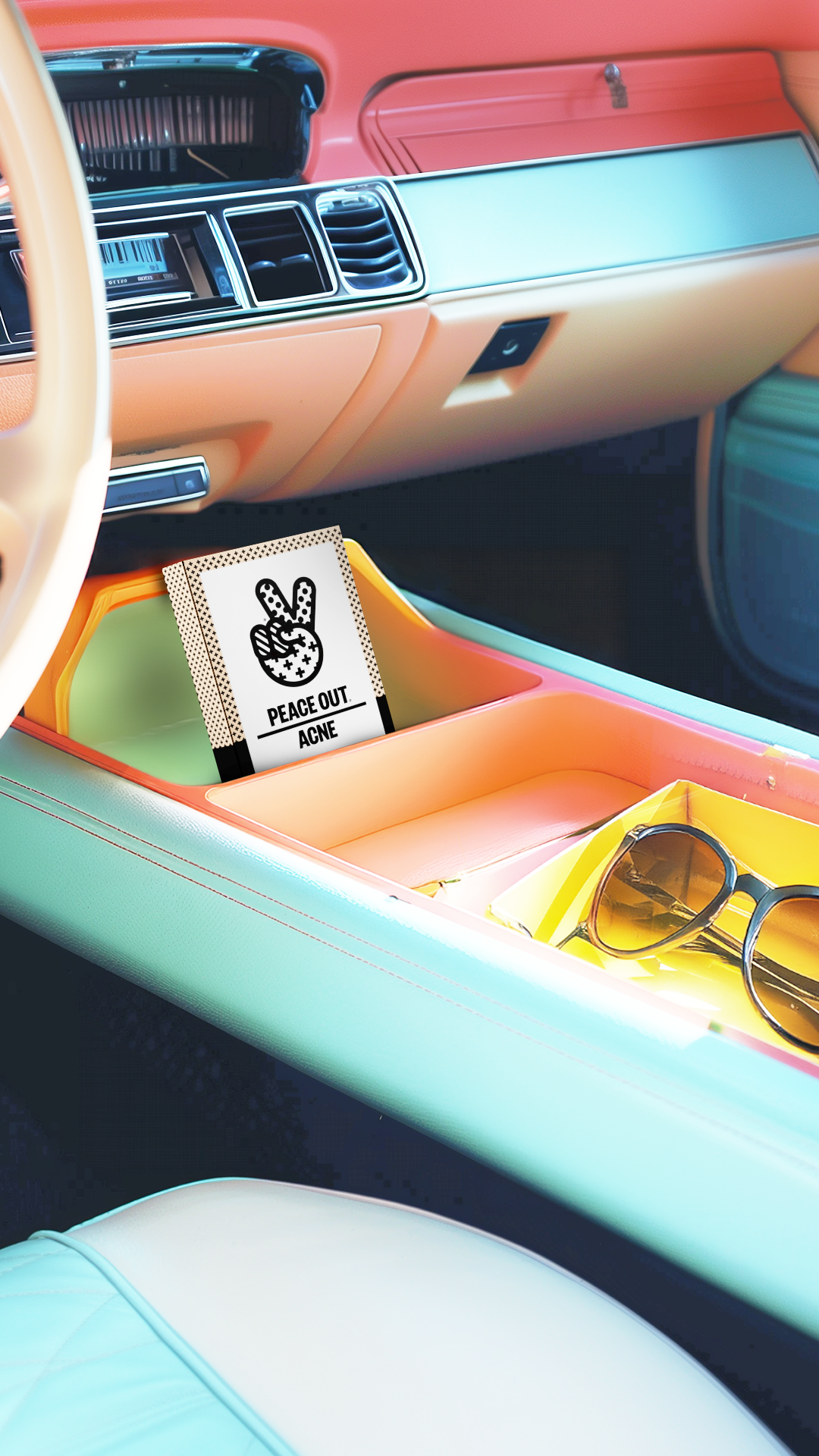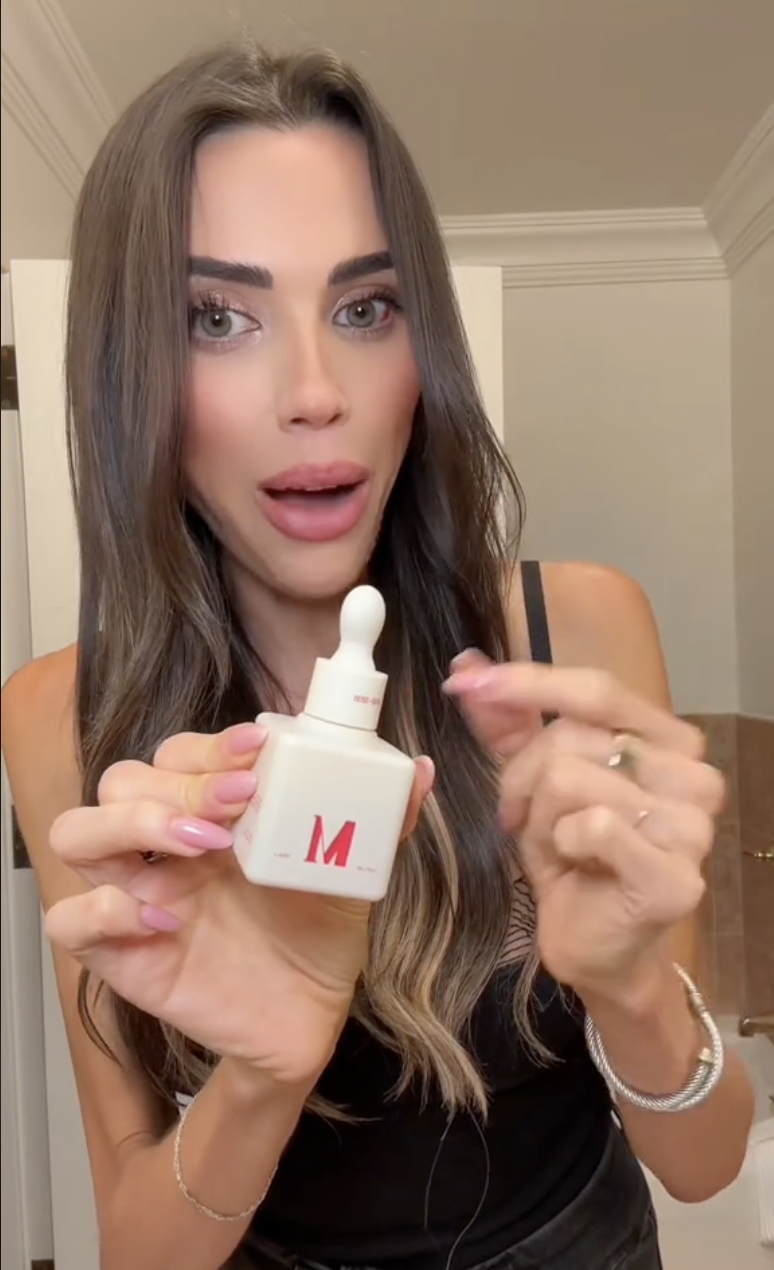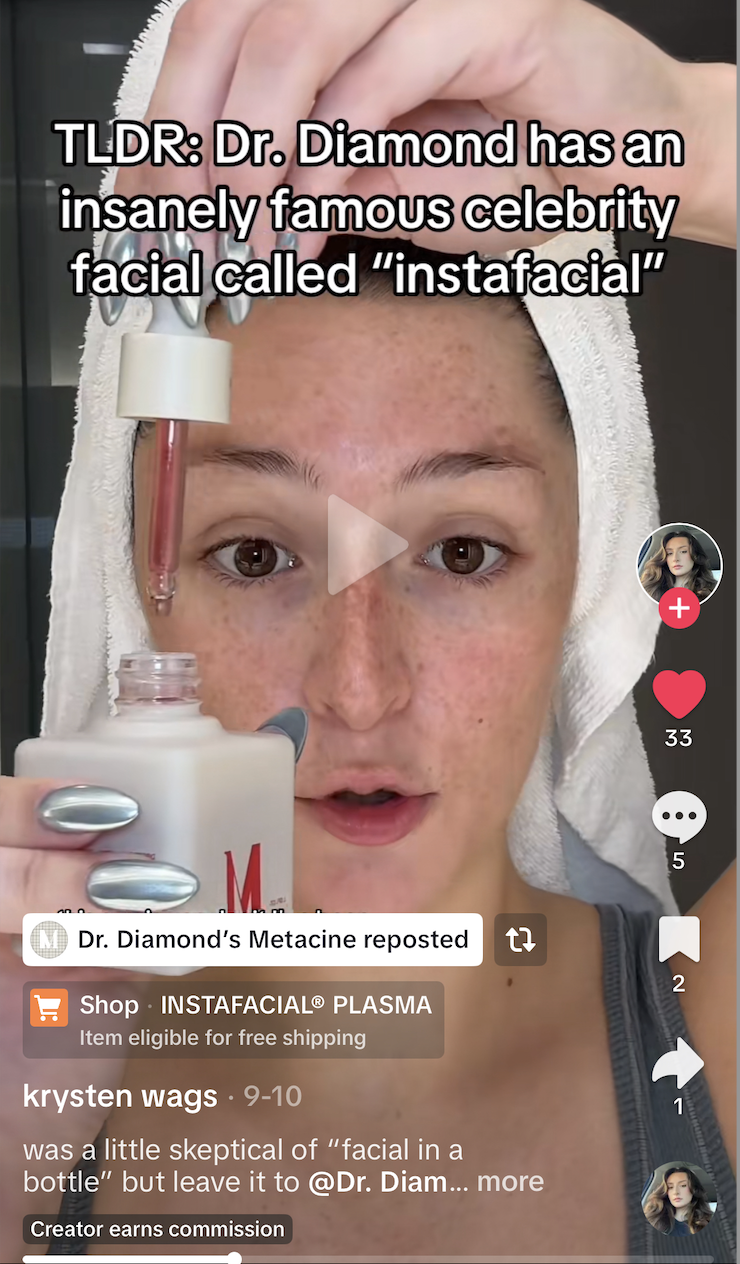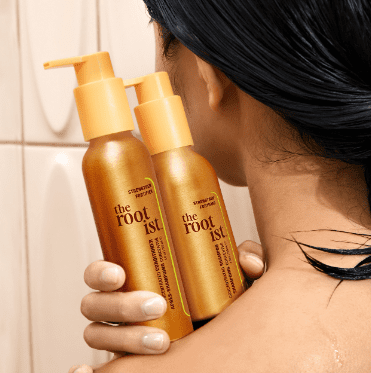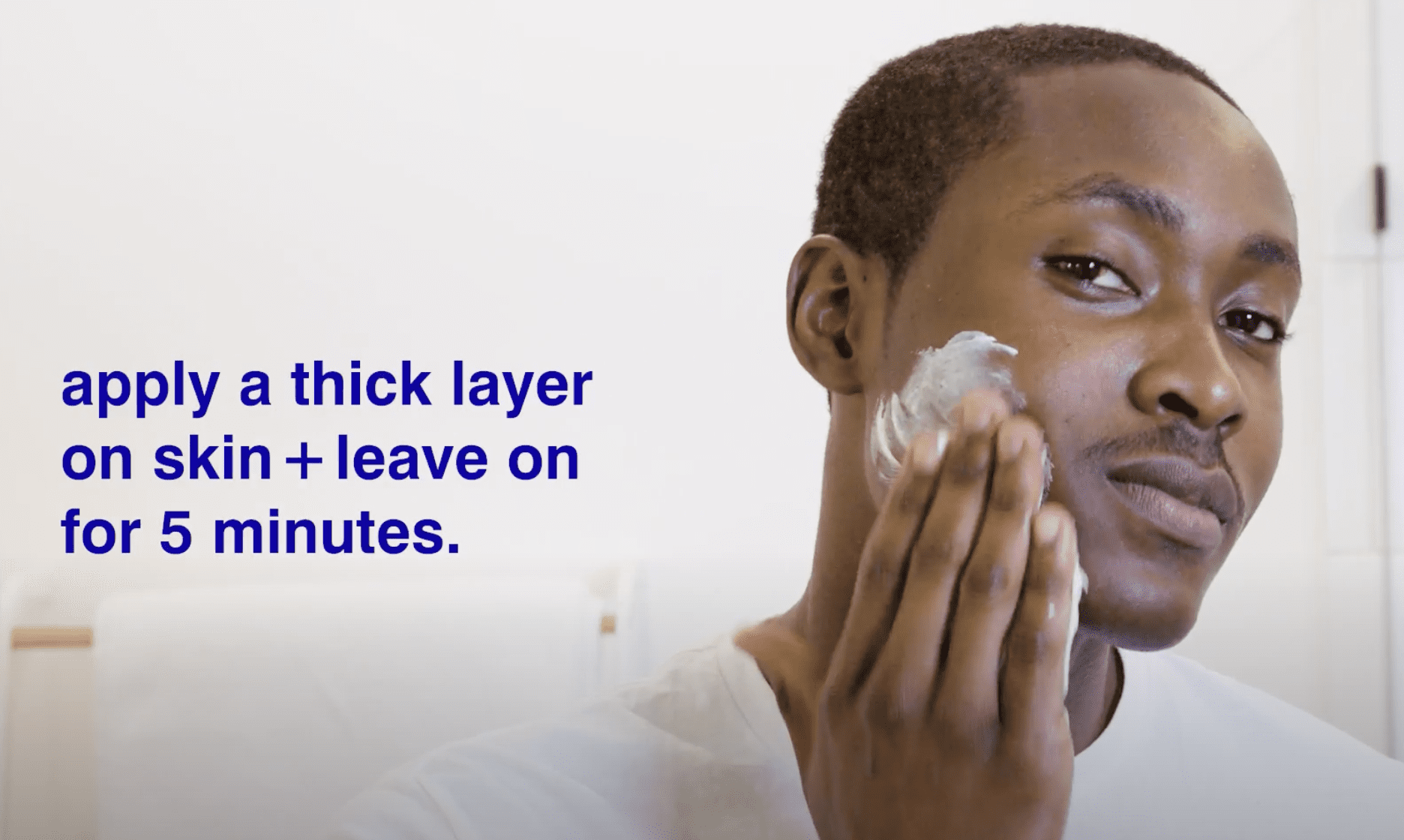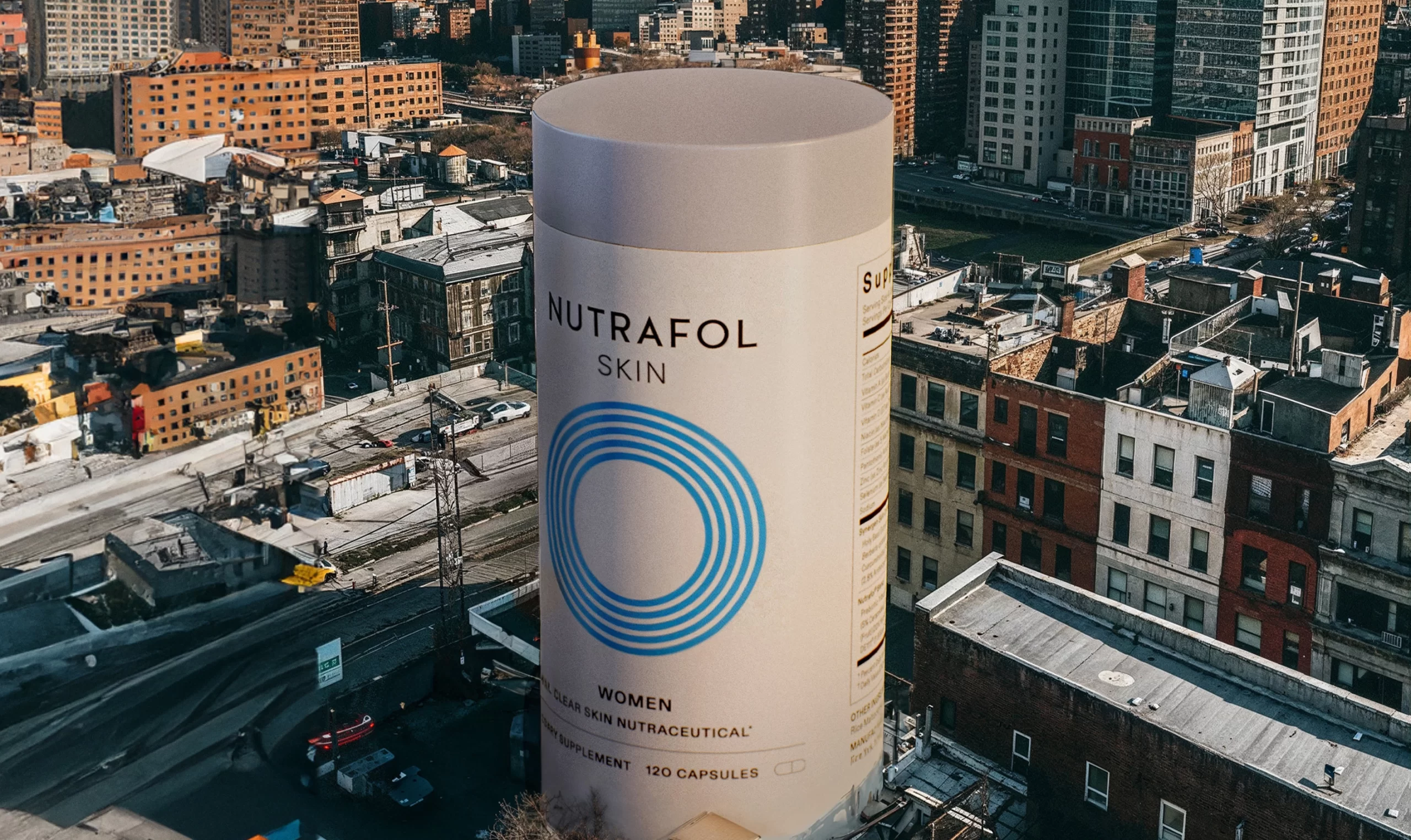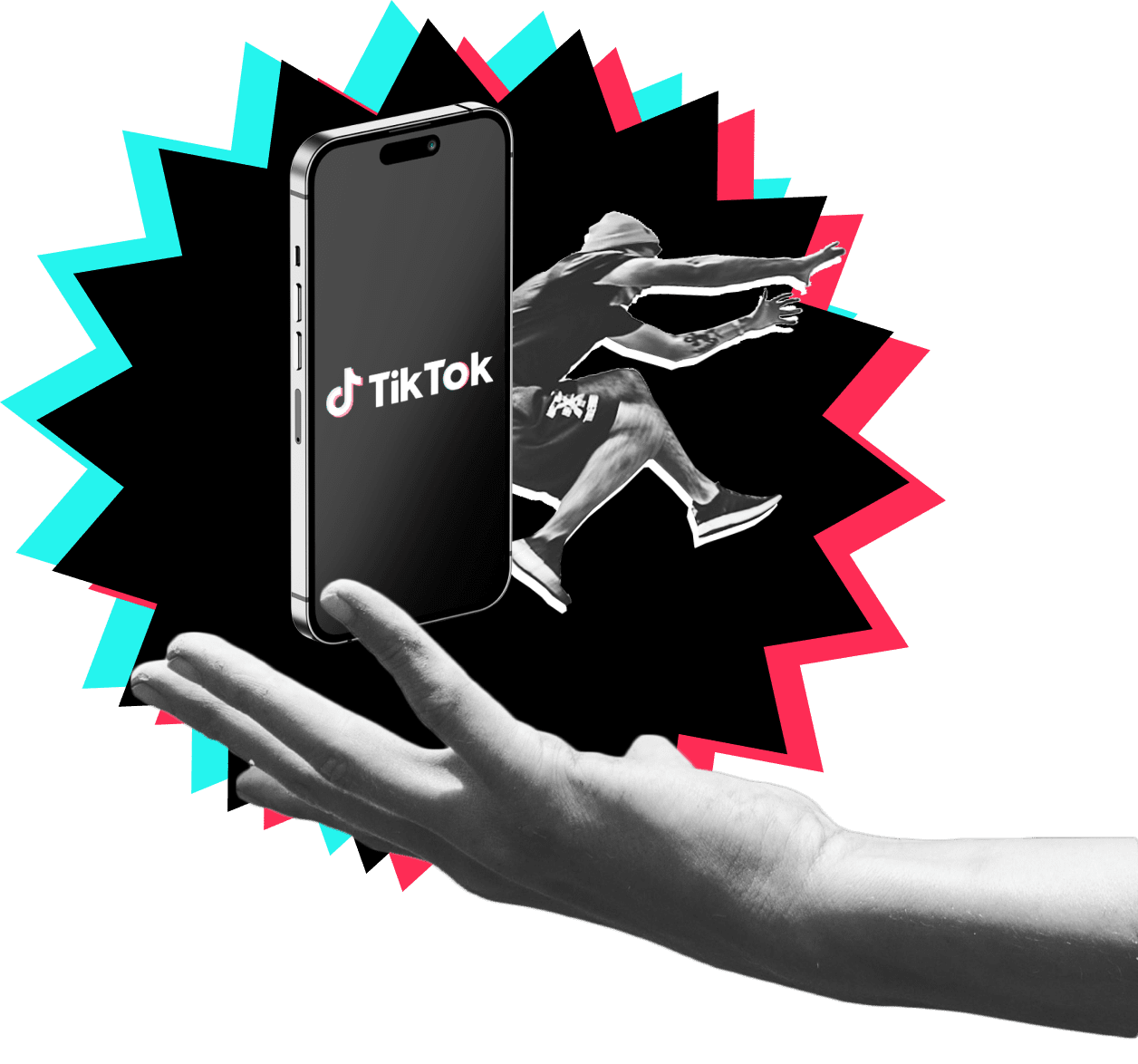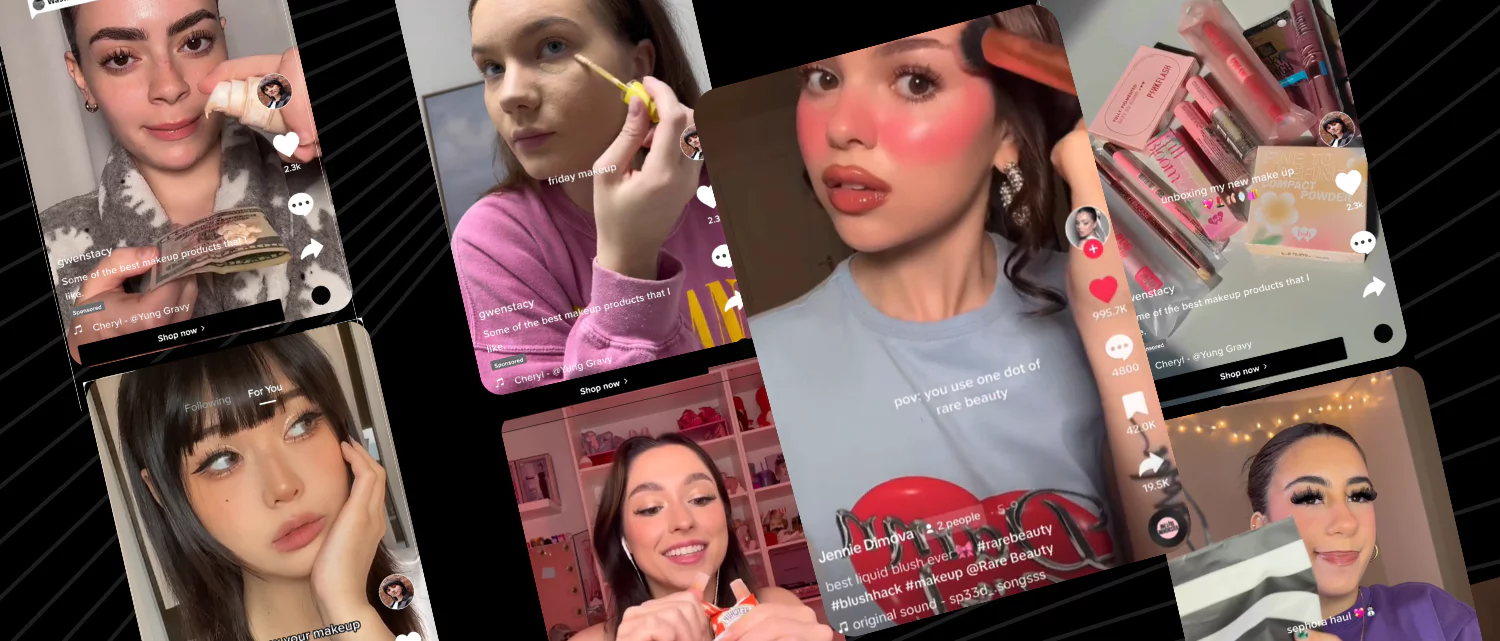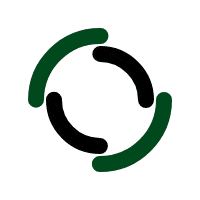In a recent episode of the Beyond Beauty Podcast, the host sits down with Ebru Pinar, a distinguished graphic designer and creative consultant with a wealth of experience in the beauty and luxury sectors. This episode offers a deep dive into Ebru’s professional journey, her transition into entrepreneurship, and her thoughts on the evolving landscape of the beauty industry, including the impact of artificial intelligence (AI). Here, we break down the key insights and actionable advice shared by Ebru, providing a comprehensive guide for aspiring creatives and entrepreneurs.
Ebru’s Artistic Journey and Professional Background
Early Influences and Education
Ebru Pinar’s journey began in Istanbul, where she was raised in a family that deeply valued creativity. With a mother who is a scholar and a father who is an architect, Ebru was immersed in an environment that nurtured her artistic inclinations from a young age. This foundation led her to pursue a Bachelor of Fine Arts in Graphic Design with a minor in Architecture at the Rhode Island School of Design (RISD).
Career Beginnings at Bloomingdale’s
After completing her studies, Ebru launched her career at Bloomingdale’s in New York. Here, she worked on various projects, including direct mail, packaging, and national advertising. This experience was pivotal, exposing her to the fast-paced retail environment and allowing her to refine her graphic design skills. Ebru credits her first boss, Jim Arbitro, for teaching her the importance of patience and leadership in the creative process.
Transition to Entrepreneurship
Overcoming Challenges
Ebru’s transition into entrepreneurship was somewhat forced due to visa sponsorship challenges. After her tenure at Bloomingdale’s, she established her own design company, which eventually evolved into Ebru Pinar International (EPI). Ebru emphasizes the importance of passion, discipline, and hard work in building her business. She highlights that being unique and exceptional in her craft was crucial for standing out in a competitive market filled with graphic designers.
Building a Client Base
Through her entrepreneurial journey, Ebru learned to approach potential clients with confidence, showcasing her work and demonstrating her expertise. She emphasizes the need for motivation and a strong work ethic, stating that success in the creative industry requires dedication and a willingness to push boundaries.
Collaborating with Luxury Brands
Understanding Brand Cultures
Ebru’s career has led her to collaborate with some of the most prestigious brands in the beauty and luxury sectors, including Hermès, Chanel, and L’Oréal. She explains that her experiences working with various agencies and her background in luxury branding equipped her with the skills necessary to handle complex creative assignments. Ebru’s ability to understand the unique cultures of these brands and her meticulous approach to design have been instrumental in her success.
Craftsmanship and Attention to Detail
Ebru’s work often involves creating collateral for magazines and press kits. She emphasizes the importance of being well-rounded in both design and art. Her education at RISD instilled in her a strong foundation in craftsmanship and attention to detail, which she believes are essential qualities for anyone in the creative field.
Advice for Aspiring Entrepreneurs
Resilience and Commitment
When asked about her advice for those looking to pivot into entrepreneurship, Ebru stresses the importance of resilience and commitment. She believes that one must be passionate about their work and willing to embrace challenges. Ebru encourages aspiring entrepreneurs to be disciplined, motivated, and open to learning from their experiences.
Balancing Professional and Personal Life
Ebru reflects on her career and shares that she has no regrets about her journey. She believes in creating one’s future and emphasizes the importance of trusting the process. Her mantra revolves around being balanced in life while remaining committed to one’s promises and goals.
The Impact of AI on the Beauty Industry
Enhancing Creativity and Efficiency
As the conversation shifts to the impact of artificial intelligence (AI) on the beauty industry, Ebru shares her perspective on this emerging technology. She views AI as a valuable tool that can enhance creativity and efficiency but cautions against relying on it too heavily. Ebru believes that while AI can assist in certain tasks, it cannot replace the nuanced understanding and creativity that human designers bring to the table.
Maintaining High Standards
Ebru acknowledges that AI has the potential to streamline processes and make certain tasks easier, but she warns against adopting a “just good enough” mentality. She emphasizes the importance of maintaining high standards in creative work and not compromising on quality.
Conclusion
In conclusion, this episode of the Beyond Beauty Podcast offers valuable insights into Ebru Pinar’s journey in the beauty industry, her transition into entrepreneurship, and her thoughts on the future of creativity in the age of AI. Ebru’s passion for design, her commitment to excellence, and her resilience serve as an inspiration for aspiring creatives and entrepreneurs alike. The conversation highlights the importance of staying true to one’s artistic vision while navigating the ever-evolving landscape of the beauty and luxury sectors.
Podcast Transcript
Speaker 1 00:00:01 Welcome to the Beyond Beauty podcast, a platform to highlight the beauty industry’s talent, deconstruct their learnings and spark ideas for your own business. The Beyond Beauty podcast is created by Dillie, the leading creative agency working with the fastest growing brands and beauty. Here, we’ll interview guests from major beauty corporations, creative directors, influencers, founders and risk taking entrepreneurs. Our guests are not only changing the traditional beauty landscape, they are also innovating in ecommerce, branding and digital marketing. Join us as they share valuable advice, how they launch their businesses and most importantly, ignite thought provoking conversations across beauty, tech and marketing. Hi everyone! We’re so excited to have Ebru Pinar on today’s Beyond Beauty podcast. I’m going to kick it off with Ebru Bio. Ebru Pinar earned her BFA in Graphic Design and a minor in architecture from the Rhode Island School of Design before starting her advertising career at Bloomingdales in New York. She worked on diverse projects such as direct mail, packaging, and national advertising. She then held senior positions at Estée Lauder, Absolut Publishing, Laird and Partners, and Select World, gaining international recognition for her innovative campaigns.
Speaker 1 00:01:19 In 2012, she founded Ebru Pinar International E.P., a boutique creative consultancy working with luxury brands like Hermes, Chanel, Cartier and hospitality leaders such as among Group and Four Seasons. In 2014, she became Global Chief Creative for L’oreal’s Maybelline New York, enhancing the brand’s image across various channels. She later transitioned to L’oreal’s SC, focusing on global digital content and brand consistency. Today, through API, she produces top tier brand communication and design for global leaders in beauty, fashion and luxury lifestyle sectors, earning praise for her sophisticated and impeccable style. So Ebru, thank you so much for coming on the Beyond Beauty podcast today. So let’s take it back to the beginning. How do you get started? How do you get started in this world of creativity and beauty industry and branding and design?
Speaker 2 00:02:09 Well, first of all, thank you so much. What a what an introduction. And thank you for including me in this podcast. And it’s really exciting and I have a lot to share. So let’s see. It all started at home in Istanbul.
Speaker 2 00:02:23 Actually, I am the only child of a very artistic family. My mom is a scholar. My dad is an architect. I had so much love and passion growing up towards art and architecture and design particularly. So I always had the color books with me, wooden blocks and paints everywhere we go. So my family is very arts encouraging, and therefore that kind of led me to lean towards art fields. And we had, as soon as I graduated from high school, They sent me to USA to learn English. I actually came just to brush up my English and. But a couple of months to that, I ended up applying to art schools there and only applied to Risley because I didn’t intend on coming back going. Staying in the US, it was like a lottery. So I said, you know what? Okay, let’s just do this. So a couple of months into the English learning. I applied to Risd and the second thing we knew I got in. So it was a pure, pure kind of luck, talent, whatever you want to call this.
Speaker 2 00:03:33 But I was over the moon because Risd, as it’s known, still US’s best art school. I was really super excited, but yet very nervous because I only had a couple of months of English education in the US. Long story short, I had to come back and after the summer vacation, I ended up starting. And as you may know, once you get into Risd with talent, you also got to get accepted to Brown. It was wow, one of the one of the scariest moments because you had to not only produce creativity, really prove yourself, but it was also very, very challenging for me to study at Brown simultaneously. But it was an amazing experience. It had a lot of international students and amazing teachers and most importantly, super artistic value system. Rather than just deep diving you into the technology or really starting you with the computers, they really taught us the basics. So we learned the craft, we learn the design, we learn how to do things super meticulously, and we took time to learn every single aspect of graphic design.
Speaker 2 00:04:44 I was studying graphic design and minoring in architecture, but very thought education. This was rigorous for years and right afterwards we had one year work permits. My first job. Ended up being Bloomingdale’s, as you said, and my boss happened to be also from Risley, so it was pure luck. But I ended up working there in the retail environment, which was really live and exciting because I got to do everything graphically possible. So we started with direct mail, collateral, packaging in-store and all the things in graphic you can think of. And my mentor, my boss at the time, Jim Arbitro, he was really influential. I really strongly believe your elementary school teacher and your first boss really are key to your success. He was really very patient leader and taught me a lot about the business and that that was about four years and then that was like wrapping the the corporate rules really did not extend my sponsorship there. As me being Turkish at the US, I was pushed or force whatever you want to call it, to get myself sponsored.
Speaker 2 00:05:59 Then I investigated different ways. I found out one of the ways, which was the shortest way, was to really establish your own business and like, work with the different clients and hit like certain revenues. Back then. It was not API at that time, but I established Clear Design. It was my own company, and I started working for clients right after Bloomingdales, and that helped me.
Speaker 1 00:06:26 Find these clients. How did you switch from working at Bloomingdales to have a really secure job and going out and pitching yourself and saying, pay me, these are my services. You need me like that is that’s intense right there.
Speaker 2 00:06:39 Yeah, it was really intense, but I was very enthusiastic. So really, to sum it into one minute, two minutes, how that happened was I was actually really interested in doing different, lots of different things. After being exposed to retail environments, One of their connections was like this vinyl manufacturing company. So they were doing lots of vinyl backs for Calvin Klein. Donna Karan at the time, Ralph Lauren’s, that company was the biggest sponsor to me.
Speaker 2 00:07:06 So they actually located in China but had the offices in Atlanta, Georgia. So I kept I kept traveling to Georgia, Atlanta, but then ultimately they ended up sending me really early on in my career to Shanghai, Guangzhou and Hong Kong to produce. And this was my suggestion to them to produce cosmetic bags because they were doing vinyl bags, but I was more interested in cosmetic space, and this is when I’m going to get to that, because after working at retail, my graphic sensibilities really lean towards clean, crisp and beauty ism. So I was never interested in, for example, movie posters or crowded graphics. So I was really purist and simple and clean lines and all that. So just to thank you, that led me to collaboratively with this company, back and forth with China. We produced lots of gift with purchase bags and that I think attracted me getting into later because we did a big collection and presented those at the Lux Fair in New York, and that got a stellar group, got quite excited about that.
Speaker 2 00:08:19 So I ended up joining them and we did really super important projects there. Again, thanks to my mentors there. I don’t know if I can mention their names here, but Tim Comrie, Brian O’Reilly. So those are my those were my bosses there, really pushed me, encouraged me and value design most importantly because it’s unfortunately changing these days. But they had really introduced me to photo shoots, art direction, and we had the privileges to slightly get exposed to even urban pen and work with major photographers and really learn the trade from that kind of that perspective. And there between the China experience and as the latter experience, I knew that I had in addition to graphic design, I was really intrigued and interested in how consumers shop. So I was always looking at like how people are buying hosiery, how people are buying fragrances and makeup products or bedding products like it started in Bloomingdale’s. But it got me interested in marketing and like how those things sold as well. But if I do this way I would sell more.
Speaker 2 00:09:28 Or like, how can I create the difference so it’s not looking like this one or that one, and it’s completely new.
Speaker 1 00:09:35 So same time, especially like in the age of Bloomingdale’s and retail and being on the floor within the beauty space. Loyalty was everything. Because I remember those days where you would go to one counter, you would buy everything from Bobbi Brown, or you would buy everything from Clinique versus now we’re in Sephora and Ulta and Credo in the world of direct consumers where no one’s loyal to one brand anymore.
Speaker 2 00:09:55 Yeah, exactly. So it’s changing. But anyway, those experiences taught me a lot. And then the agency world started with Select World when I joined to do fragrance advertising with celebrities, with Cody Prestige. And that was really interesting because that introduced traveling to France. We were working with Paris Coty for Prestige Division, and also I was working with Bella Haircare with P&G division in Hamburg. So those two accounts really taught me, working internationally with all these vendors and different photographers, give me all kinds of luxury experiences and how to handle big productions.
Speaker 2 00:10:39 So that was a pivoting point, and at that point I got my citizenship green card there for also citizenship, and I changed my company name to become my own name in 2000. six. I did the first change in 2012 onward. I was I was using API incorporated for my business and these agency experiences, they were great. I had different ventures, I had different collaborations. It was really exciting. And lastly, as this is the first question. So in 2014, I joined the L’Oreal Group and as you said, with with amazing, amazing mentors and bosses again there, we evolved those two brands, Maybelline and SE, from not only from branding point, but also really solving complex franchise issues for especially Maybelline. I believe they are still using my packaging principles that I was introduced, and those things took a lot of analyzing and studying the market as well as knowing all the skills from school. So I think that kind of sums it up. I’m working on different things these days. But that’s the first question.
Speaker 2 00:11:52 Gosh, are we ten minutes to the.
Speaker 1 00:11:55 Oh, this is great. I love the deep dive. It’s so amazing to hear. Especially it’s striking to see how someone starts their business. What were they doing before they went out on their own, and how they get clients and their experiences, but do they learn? So on that question, what is your advice for someone to push forward and make that pivot into entrepreneurship? And how did you launch your company? What have you learned since launching your company? What advice did you receive? What advice do you want to share? What can you expand on in those areas?
Speaker 2 00:12:23 My company was a no choice because I really got into this space and it was eight years out, out of college, actually a Bloomingdales. And after this sponsorship and and Clinique. So I had to really be be very unique. I had almost no choice because I didn’t want to leave at that time. I never leave any job or any kind of things that I started. So my entrepreneurial ship was by force.
Speaker 2 00:12:51 So I had to explore this route. And when I first approached by, I had to consult the attorneys and they said, oh gosh, like in Manhattan, there’s like 13,000 graphic designers. What are you talking about? But you have to be 1%. You have to come after, I don’t know, like Pavarotti and, and and the other one. So I said, you know what? It’s but I like those challenges because you know what? I love what I do. Because when you love what you do and when you love the creative process, you gotta push. You gotta push. You can’t just push, your skill set, but, like, you got to push all kinds of things that need.
Speaker 1 00:13:27 You to, to, like, evolve in terms of, yes, you have the graphic design skill and that’s really the foundation of your career. And what sets you apart. How did you go to these different companies and win them over as clients and say, I am an expert graphic designer and I will do XYZ? How did you stand out?
Speaker 2 00:13:47 Yeah, it’s a really good question.
Speaker 2 00:13:49 I think back then it was just it was I want to sum it up and I just want to say it’s really being passionate and really doing the work. So you got to really work. You got to really put in the hours and you got to be really motivated and disciplined because there is no way around, like leaking, there’s no budging. So like, you really need to be disciplined and really also be cultured. What’s going on around you. Because it’s not about just going knocking on someone’s door because that’s someone. Why would they look into you? So you need to be really exceptional with what you are doing. And that comes with being motivated and disciplined. And first of all, being super passionate and loving what you do. And it’s multiple skills. But I wasn’t shy. All my bosses, all the people they know me in the sector, they know I do knock the doors to. I say, you know what, hey, let’s give us a chance and I show my work. And I guess they chose and they liked it.
Speaker 1 00:14:45 How did you start working with Hermes and Chanel, some of the most competitive luxury brands, and tell us how you know, you’re evolving their brand story. Their brand identity is so special and cared for and admired. How did you work together?
Speaker 2 00:14:58 It was it was multiple ways back in those days. You are young, you are exploring this. You are exploring that. All those names like they they sound really huge. And but I’ve done actually bigger assignments with other brands but bigger, more challenging, complex creative assignments. But some of those brands, they came through, the agencies I was working for, the clients were there and I was assigned to the position. So I ended up working on lots of different collateral for their magazines, their press kits. But because I had the luxury experiences working from prestige brands before and also working for Coty Coty’s prestige, and also working with Clinique with top tier photographers as you Everyone knows those skills help me resume and be more confident in my element. I already knew the creative so I was pretty confident to.
Speaker 2 00:15:56 Why not? And also it’s about knowing the the specific cultures for those brands. They are super cultured and you need to be very well-rounded. It’s not just the design skills you need to have art skills. I was lucky to go to Risd in that regard because we were thought like to be super meticulous, super precise and meeting deadlines and like being like super manicured, even like how you dress, how you present yourself. So like, we were already coming with those skills. So I think those things help as well. Yeah.
Speaker 1 00:16:32 So in terms of words to live by, as we talk about confidence and presenting yourself, what are some words to live by? What do you like or what is the back of your mind saying? What is your point of view? How do you direct your life? How do you stay focused? What is your mantra?
Speaker 2 00:16:47 What really excites me is the creative process. So that kind of gets me going because I’m really excited every day about what I’m about to create, even though that also can be scary sometimes because mind you, you are working with really top brands and you need to create something that’s been never seen before.
Speaker 2 00:17:08 You really need to know. Be confident in your skills. But as well as wish that day you come up with the idea. Because I love the creative process and I love like how every day is an empty canvas. So I am even, like intrigued by what am I about to create today? First, we need to love what we do and be curious about what we can bring to the table ourselves. That becomes with almost being excited about how do you create the future? My mantras are always like almost. I want to say being balanced with your own life priorities, but at the same time always be be committed to your promises. So don’t give up. And don’t don’t be impatient because it requires a lot of discipline and patience. I always tell myself, like, you got to keep going and be resilient. Be be patient and then trust, trust. Everything falls into place. Yeah.
Speaker 1 00:18:10 And then looking back on your career, what would you say to yourself at 18? It could be a slightly different age.
Speaker 1 00:18:17 But when you’re beginning your career, you’re going to Risd. You had moved to the US. Is there anything you would do differently? Is there any advice you would give to your younger version of yourself and say, do this, don’t do that. Pursue this, start this later, start this sooner?
Speaker 2 00:18:33 It was yeah, I was I was really juggling thinking about how to what to do differently. Really. I don’t have my would could or ifs and like wishes like I think I’m the kind of person like if I’m really wanting something, obviously I have faith and I have this. There’s this divine like divine quality in every human being. Like the only way to see this is to become it. So you need to you need to simply create your future. And and I did that. So I don’t have really like looking back and oh gosh, like I wish I were so good. Yeah, I really I really said, okay, I’m doing this and I’m doing it like I’m not looking back and wishing for yesterday.
Speaker 2 00:19:19 And in fact, like, if you give me yesterday, I wouldn’t want it, I want tomorrow. I’m.
Speaker 1 00:19:24 Have you been in any part of your career that was extremely tough or something that really surprised you?
Speaker 2 00:19:29 There were a lot of rough edges, like really, really moments that I freaked out. One of them was like, because I’m never a quitter. So I was at Bloomingdale, so I endured there like until the end. And I knew the corporate. They would not sponsor you for green card. But I’m not quitting and I’m not like, I wouldn’t want to leave my boss, who really invested a lot of time and patience with me as being my first job. But of course there were moments that, oh my God, like in one week I may have, I may end up leaving the States and all these many years. But I persisted, and I, I trust that there’s, there’s this help that it’s it’s going to reveal itself. I think once you reached a certain like level and like certain it’s almost I don’t know, I never do drugs or anything, but it’s almost like on the high, high spectrum, like you’re somewhere else.
Speaker 1 00:20:20 So natural, high.
Speaker 2 00:20:22 He’s just gonna keep or you’re just gonna keep wishing and trust the process and never give up and keep going. I’m not a I’m not a quitter. I’m not a I don’t give up so fast.
Speaker 1 00:20:34 Like your resiliency, your persistence. Keep on going. Keep on evolving. And on that note, you’ve probably seen the beauty industry evolves so much. I would say even the past 4 to 5 years, there’s been so many shifts. Areas of growth, areas of reversal within the beauty industry. One key piece that a lot of people talk about is how AI is impacting the beauty space and everything from design marketing to product development. So how do you think AI is going to impact the beauty and personal care industry even more? And what is your take on AI and what’s to come?
Speaker 2 00:21:07 AI is a great tool. It’s entered in our lives like in the midst of this post-Covid crisis, I think. I think I was always there, but it’s now it’s called AI. It’s almost like a dictionary.
Speaker 2 00:21:20 I don’t see it’s creating much of any kind of big deal as everyone else is doing. Like, some people are really afraid it’s going to take our jobs and this and that. And I had client meetings this week, and I showed a couple of the case studies I did for different brands, and they I said, can I do this? And they’re like, no, definitely not. And they’re really immersed into AI. So I see AI is like a dictionary. It’s definitely a speed and it’s definitely a help. But I also do see doing things becoming fast, easy and cheap does not solve the problems necessarily. And we just with this oh we’ll just ask AI and it’s just good enough. So this just good enough mentality it’s people are hitting walls pretty fast. I am always about studying these things, the new technologies, being open to these things, but never disregarding the principles that got me here. For me personally, AI is a tool. It helps me on some projects, but because I’m involved with big campaigns and they involve multiple different things, it actually it’s more complicated for me to teach things to AI and then learn things from it and this and that, like it’s consuming more time.
Speaker 2 00:22:38 So for my business, particularly if I were to create just a logo. Maybe it’s okay, let’s show me some fox. Okay, it shows you 100 foxes, but for me it’s more than that. So it’s really complicated process. It involves strategy. It involves different people skills. And therefore let’s be open to it and let’s learn more. but it’s only an addition. Nothing to be super hyped about.
Speaker 1 00:23:05 So that’s a good way of describing it to there’s still such a human component of using AI as a tool versus a replacement. Yeah. So two more final questions we have. One is what are you most excited about upcoming in your career or the beauty industry or how you’re involved in branding and design and marketing? What are you looking forward to the most?
Speaker 2 00:23:25 Beauty industry is evolving. It’s a very open and wide field, and it’s touching a lot of areas of what I have studied and learned through my experiences of 30 years in New York City, which is the advertising capital and pretty much beauty capitals to all the beauty.
Speaker 2 00:23:45 Majority of the beauty brands come and go, and also I’m very heavily working with Paris. This is almost my 18 years working with prestige brands and Parisian beauty space is always very exciting. Instagram, social media, all those new platforms are very exciting and and really creating instant gratification to say the least. And I see lots of potential. There’s always new brands, there’s always new product categories, new briefs. I’m very positive. And even though things shift post-Covid, before Covid, it was a little bit manual. But during Covid, people step back, including myself, and we really look at how can we do things more efficiently. So now it’s mainly through Instagram and social media rather than print advertising. But there’s still retail. People are, people are excited to go see Harris, to go see Samaritan in Paris. People want to see new Macy’s. People want to see retail evolve, too. So we can’t be really boxed.
Speaker 1 00:24:53 In.
Speaker 2 00:24:54 And do everything with the phone. People are getting fed ups and we have to also find the balance.
Speaker 2 00:25:00 It’s not about just doing things digitally. So I think beauty, I really I’m excited about beauty sector.
Speaker 1 00:25:08 Yeah, yeah, there’s definitely a lot to connect there from like the digital social online perspective. And how can we bring it back into this in person, whether it’s like an in-store event or how people are communicating with a beauty advisor and educator, there’s so much there to connect and make a big impact in the future. Shopping for us. Definitely.
Speaker 2 00:25:25 Definitely.
Speaker 1 00:25:26 Yeah. And so our final question is one of our favorite questions. And it is where do you sit in the stands in your life? And what it means is imagine maybe you’re at a sports game and you’re saying, why did he run down the sidelines at the football game? Or why did she throw the basketball to her and didn’t run the other way? Like you’re yelling at them, they can’t hear, you’re sitting in the stands, or maybe you’re sitting in a theater and you’re saying, why did she deliver her monologue that way? Or why did he dance off to the stage left? Why did they pick that certain costume or that set design? They can’t hear you.
Speaker 1 00:25:57 And many times in our own lives, we’re sitting in the stands or sitting in the theater and saying, when are we going to start doing something? When are we going to stop doing something? It could be the notes you keep on your iPhone of I’ll get this done by the end of the week. It could be that post-it note on your mirror saying, in the next two weeks I need to accomplish these five things. So where do you sit in the life? In your life? Where do you sit in the stands? And you can interpret this as, what are you going to start doing? Stop doing what you look the most forward to, what is to come? What’s next? How are you going to evolve?
Speaker 2 00:26:31 That’s a very good question. It’s a hefty question. I am a Very like organized and plan person. And I would like to do things like more balance because earlier in my career I had spent maybe 110%, 120%. I stretched myself very thin to really learn the not only the craft and the artistic, and how can I make the difference and solve complex problems, right? But at the same time, the time.
Speaker 2 00:27:01 So for me, what is really important from now onward on my career as well as my personal life is how do I spend the time. And it’s an important it’s an important and hefty question to oneself and of course, like what? What would be, what would I do? Or what am I doing on my spare time? So I’m always like, I always like to do the health routine. Things like I don’t want to compromise on my exercise routine, my healthier eating routine. Now I really do give attention to those things more than so than ever. But at the same time, it’s about I’m asking the questions about what are my goals and objectives against my principles and behaviors and responsibilities to myself and my near my loved ones. Those things are also equally important. I am obviously transitioning to look at things more in the balanced way, and really saying no to certain things, which I never did before to value other things in life. But if like how is your lately I’m thinking really? How is your mind? Work with your heart.
Speaker 2 00:28:18 It’s really important thing to ask oneself that sometimes because it takes mind to ask some questions. But your heart is like beating. So like your mind is like always constantly analyzing. But then your heart is like you’re feeling. Your mind always like searches for what’s next. But then your heart finds it. Your mind is again always active. I want to say. But heart is always at home. I really do value those spiritual things and having the balance in life and using your time wisely. That’s what the advice to myself and I guess all of us here, I.
Speaker 1 00:28:59 Know and many people appreciate that too, because it’s also it’s thinking and leading with both your your brain and your heart and really taking that balance and saying, like you were saying earlier, it’s like you are competitive, you are driven, you’re resilient. You’re you have this persistence. And it’s also there’s a flip side to it of how do you bring this kind of a cohesiveness to the 360 of life and lead to accomplish both professional and personal goals, and to continue evolving and stay resilient in this ever evolving industry of what we call beauty marketing and design.
Speaker 1 00:29:33 and so much look forward to.
Speaker 2 00:29:35 Yes. Likewise. Yes. Likewise. It’s it’s all exciting. It’s all good. Things are changing. But I think be patient and trusting the divine process and having the mind working with your with your heart and and just wishing for the best, wishing for the next best. That’s where I stand.
Speaker 1 00:29:57 Amazing. Well, thank you so much for coming on the Beyond Beauty podcast. This has been so much fun to take a deep dive and learn about your career and design, and how beauty has evolved, and how you started your own business and really paved the way as an entrepreneur. So where can everyone find you? How can people get in touch, whether it’s through social media, LinkedIn, yeah, your website, email or any other place.
Speaker 2 00:30:20 I think the best place is LinkedIn. Professionally, I would love to help help new people, new newly graduates, as well as love to exchange ideas with my peers. I think LinkedIn is the best source to connect and socially.
Speaker 2 00:30:37 I have my personal social Instagram. professionally I am so fast. Unfortunately, I don’t have much time to go back and update all my work. And plus there’s all the complications with signing NDAs and everything with the brands I’m involved currently. So I do really love to connect via LinkedIn. And we can we can then share other other information from there on.
Speaker 1 00:31:02 Amazing. Thank you April. Thank you so much for sharing your career journey and your advice. And we look forward to all the things you create and build that are coming ahead of us. So thank you, thank you.
Speaker 2 00:31:13 Thank you so much for for having me on this podcast. And it was a very lively, lively chat and wishing to meet the next.
Speaker 1 00:31:22 Awesome. Thank you so much.
Speaker 3 00:31:24 Thank you.
